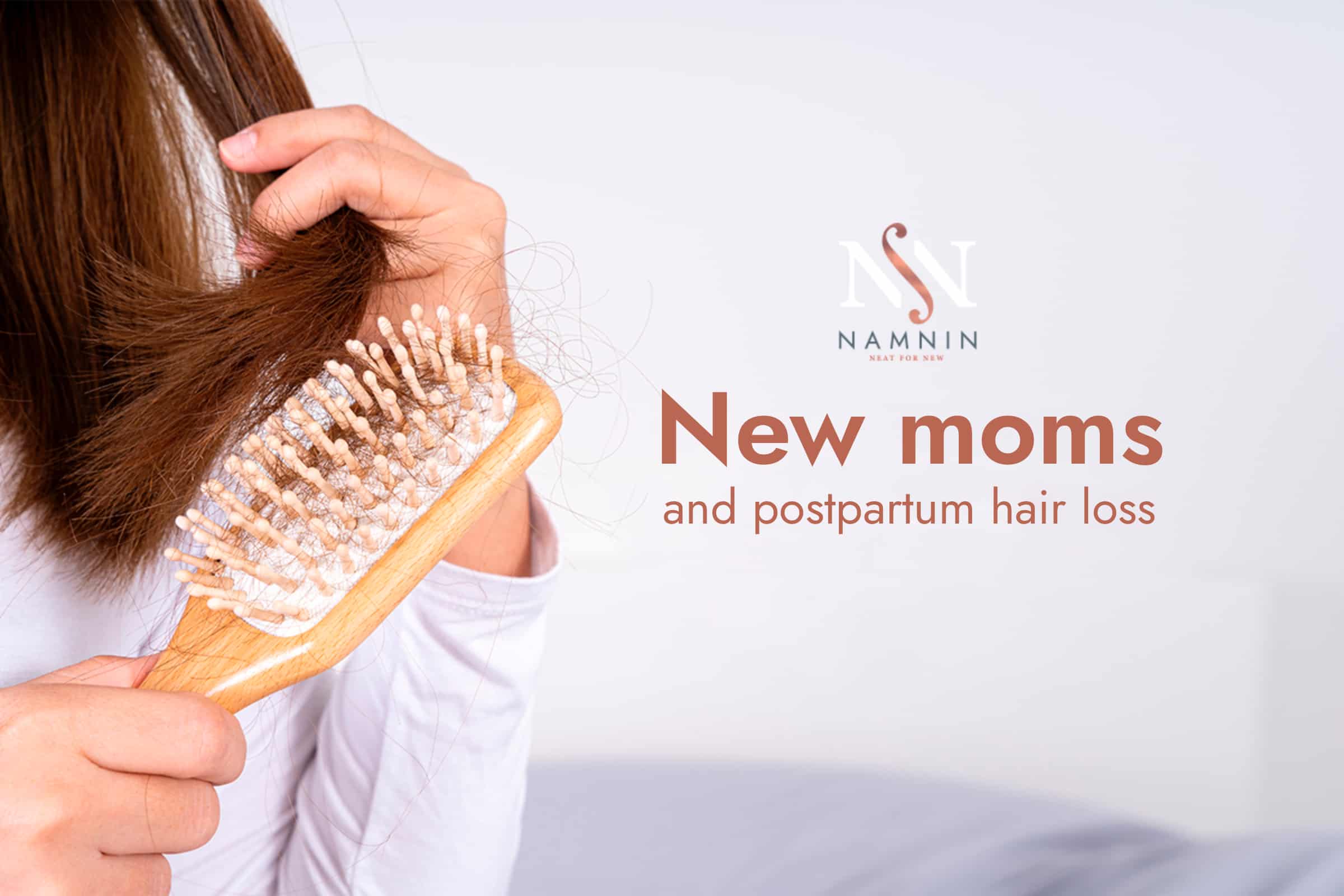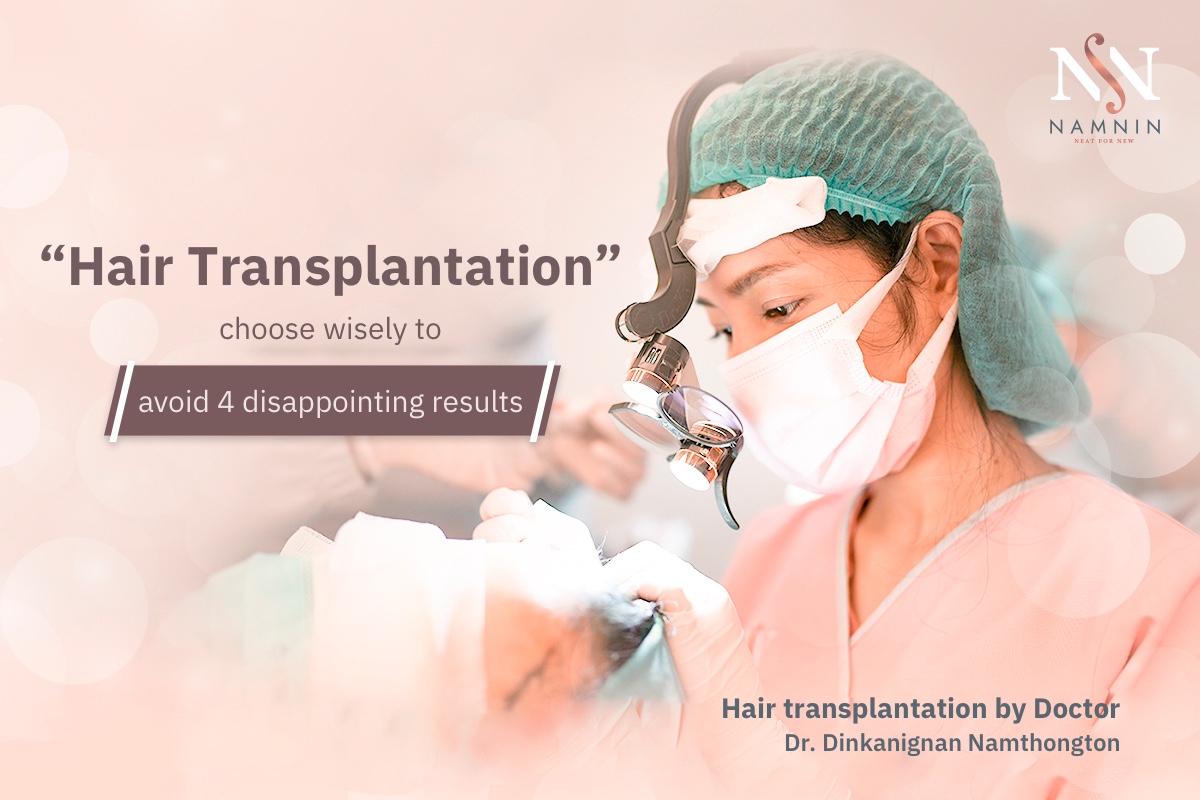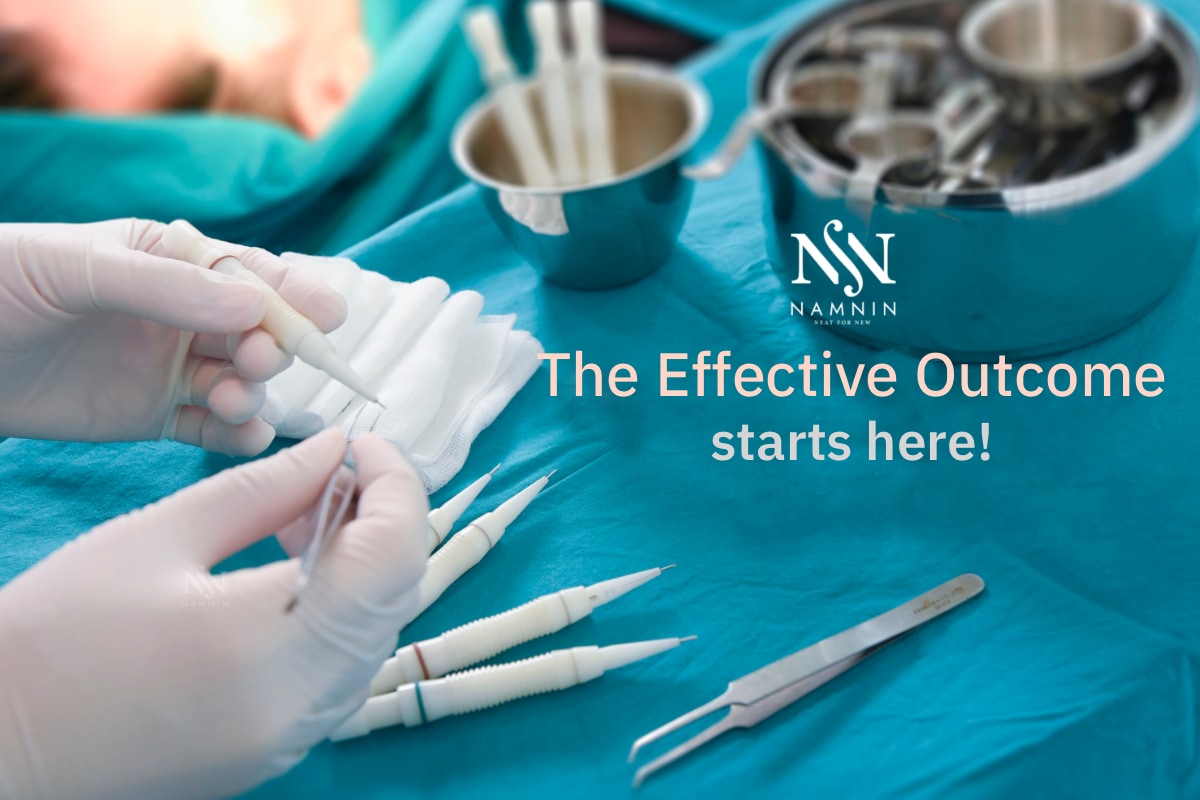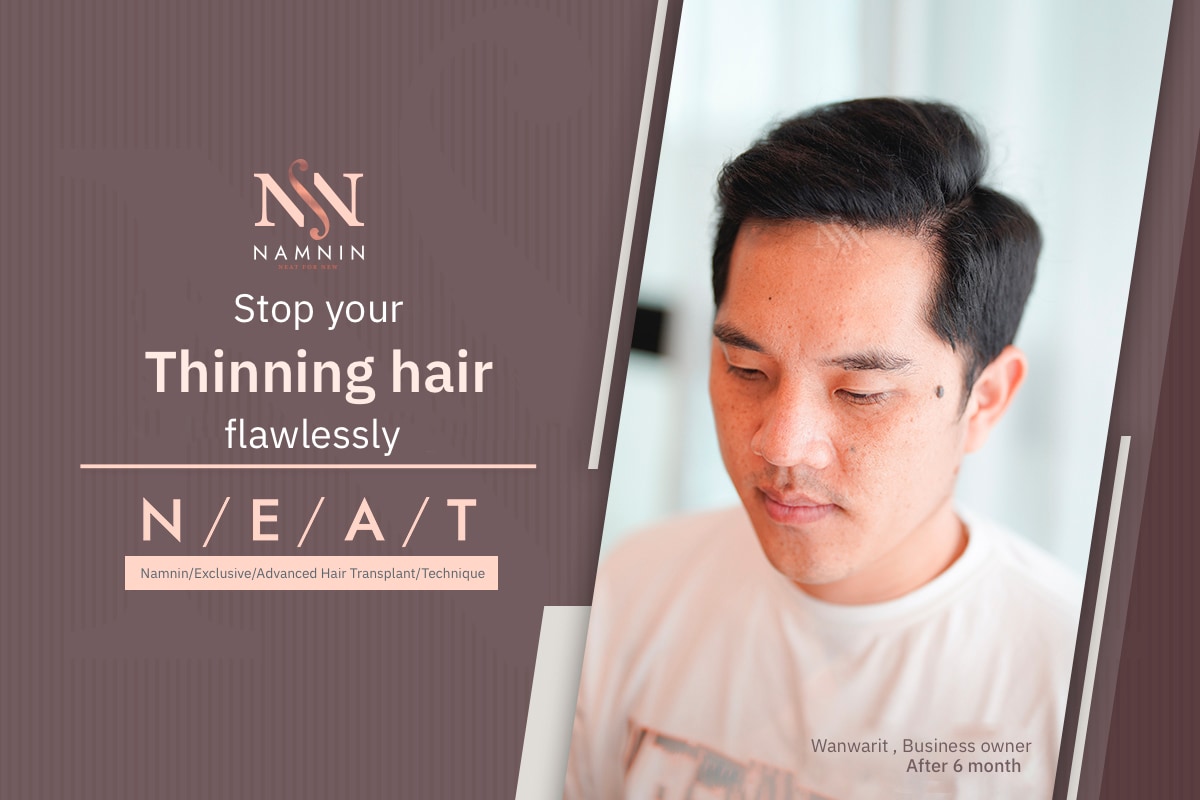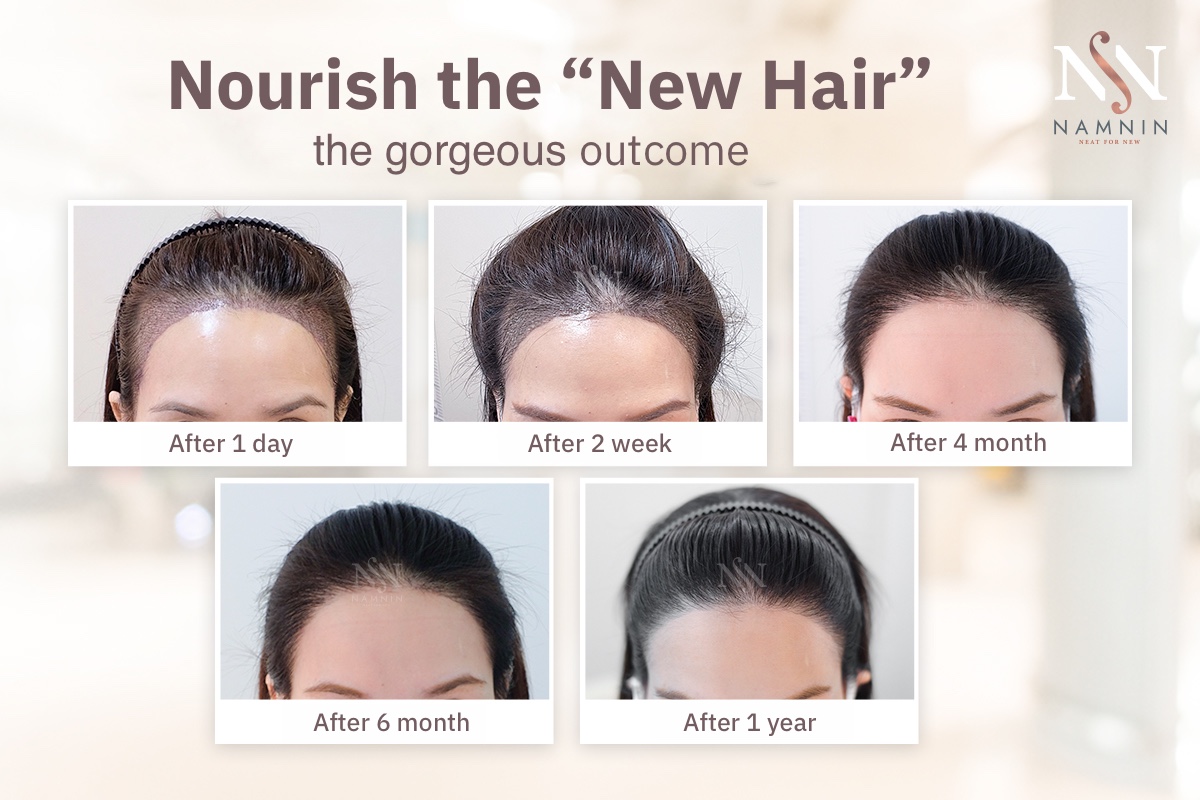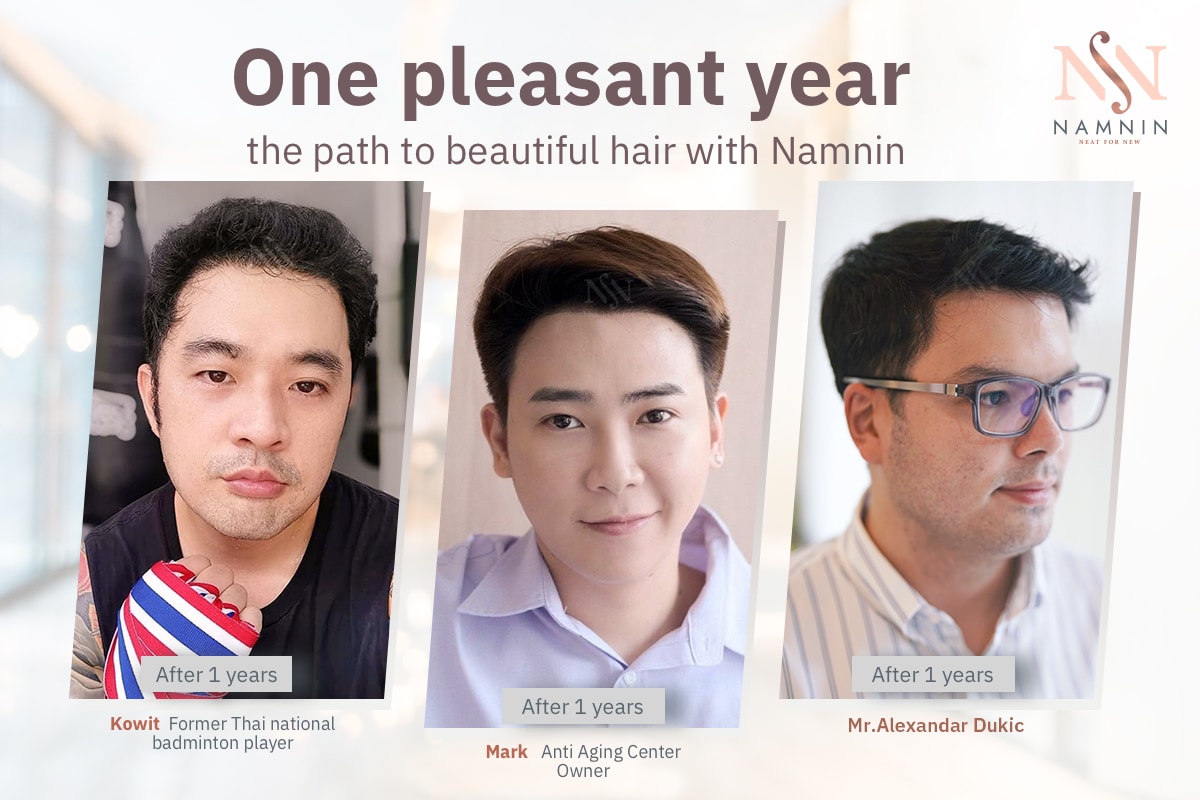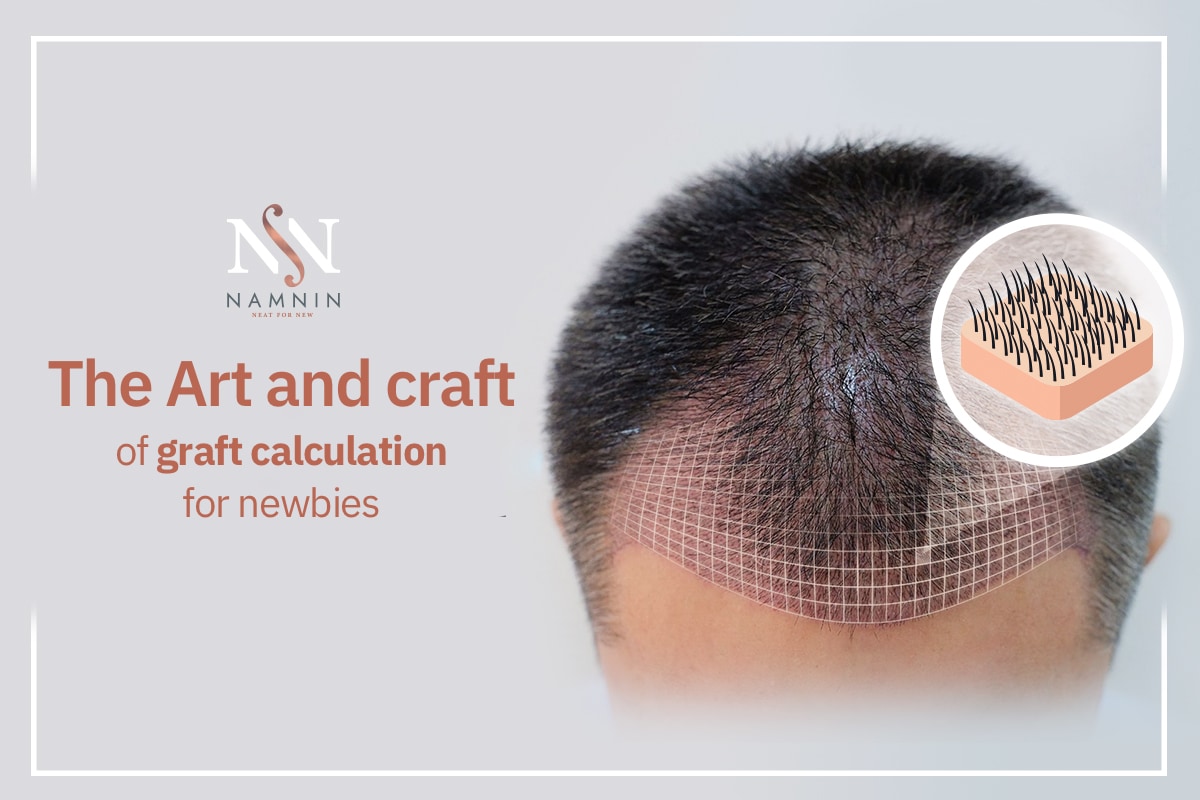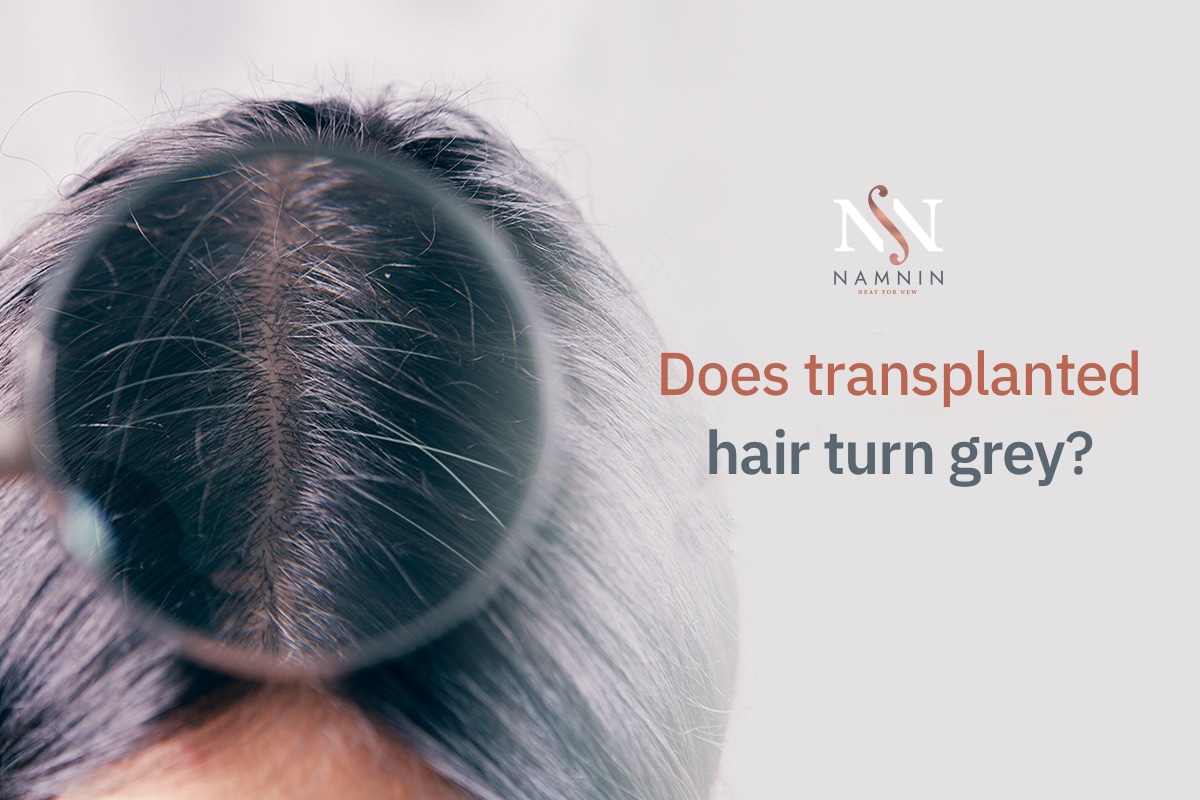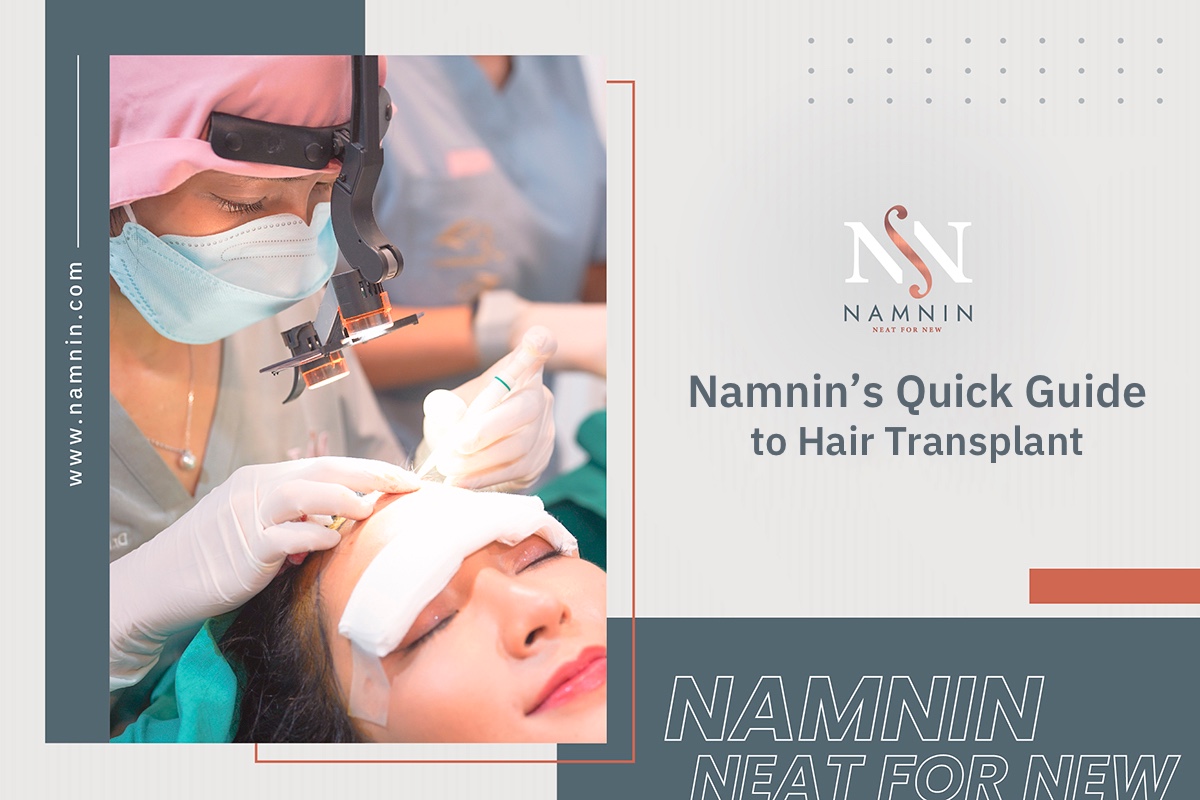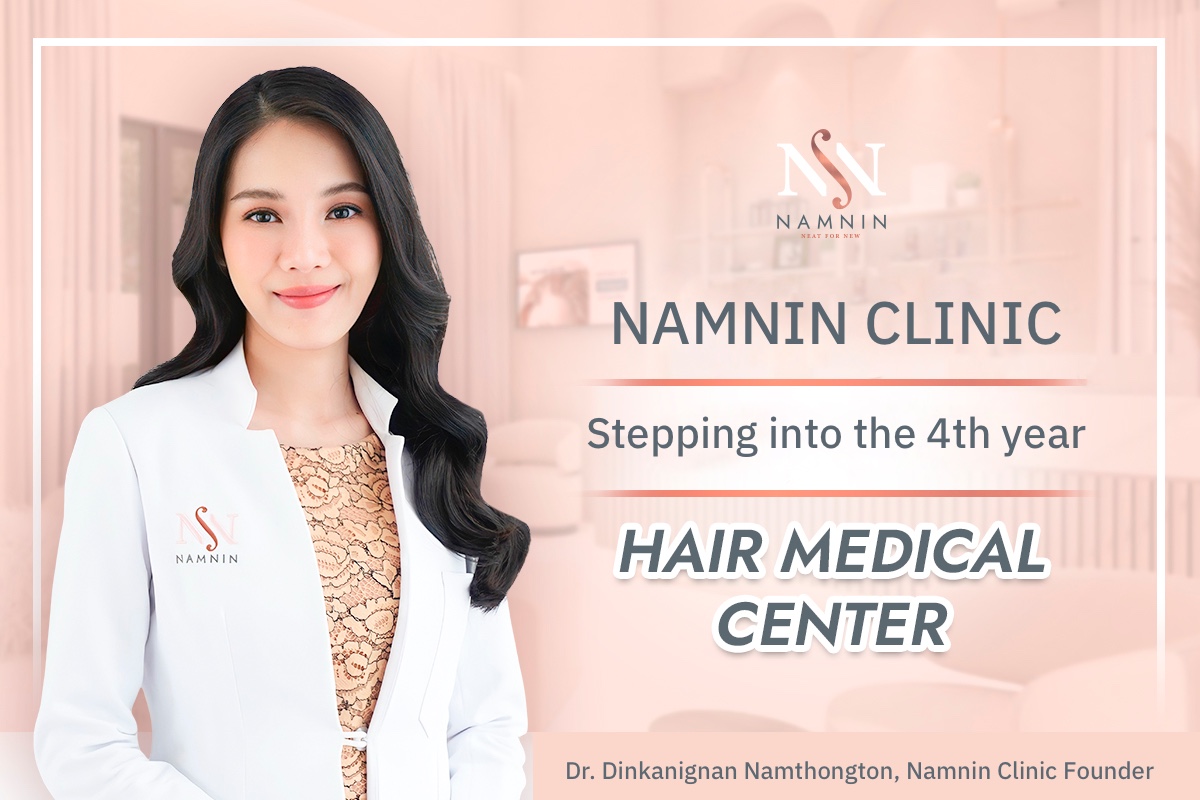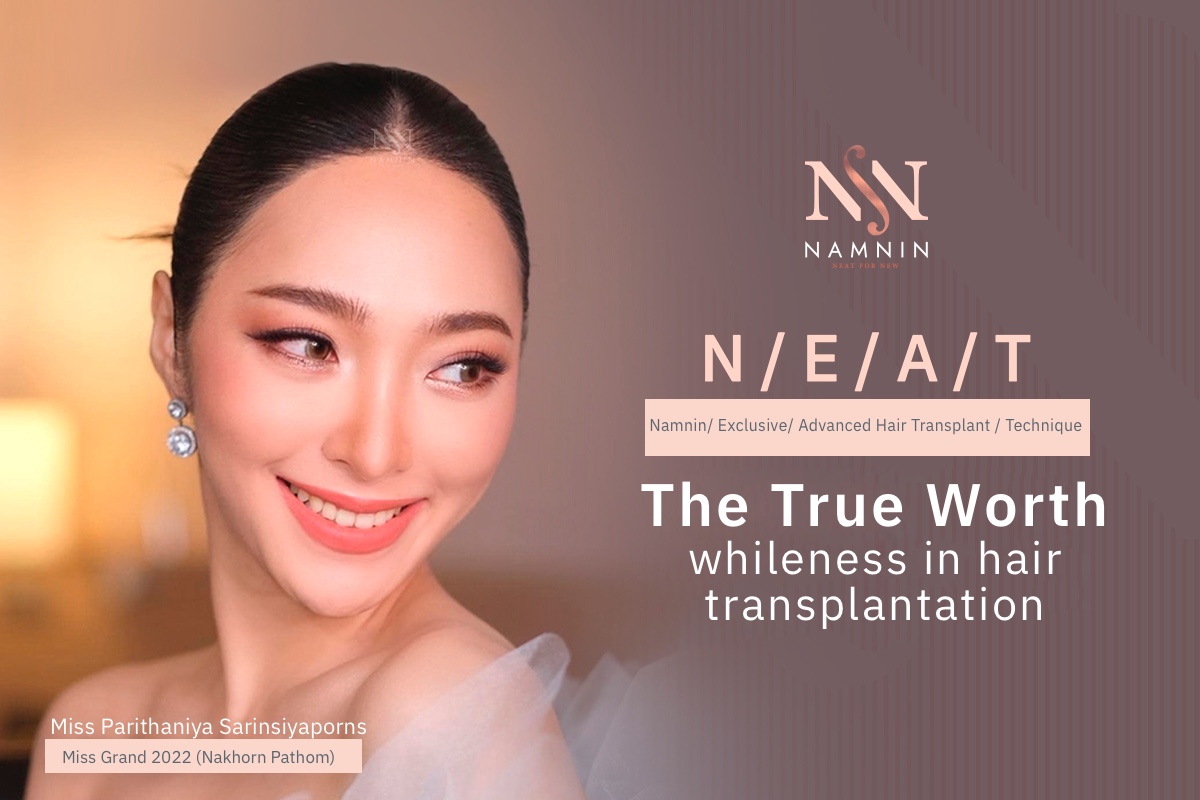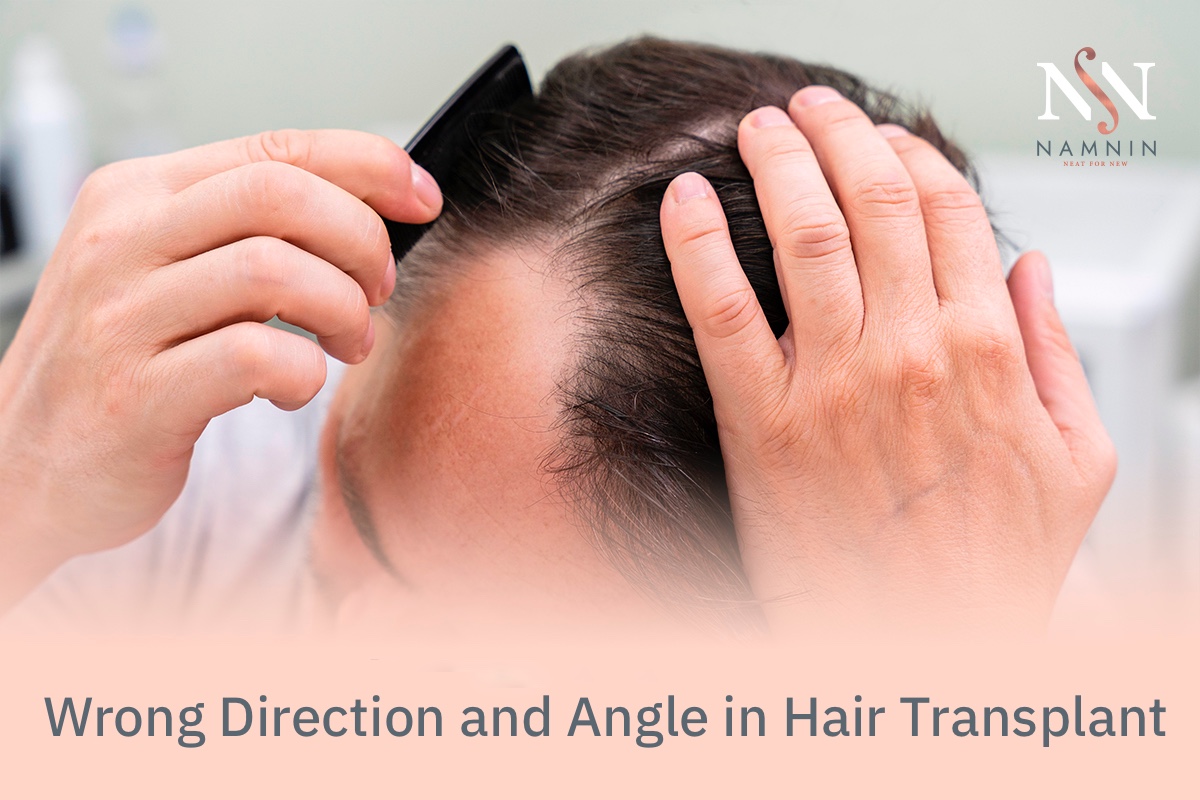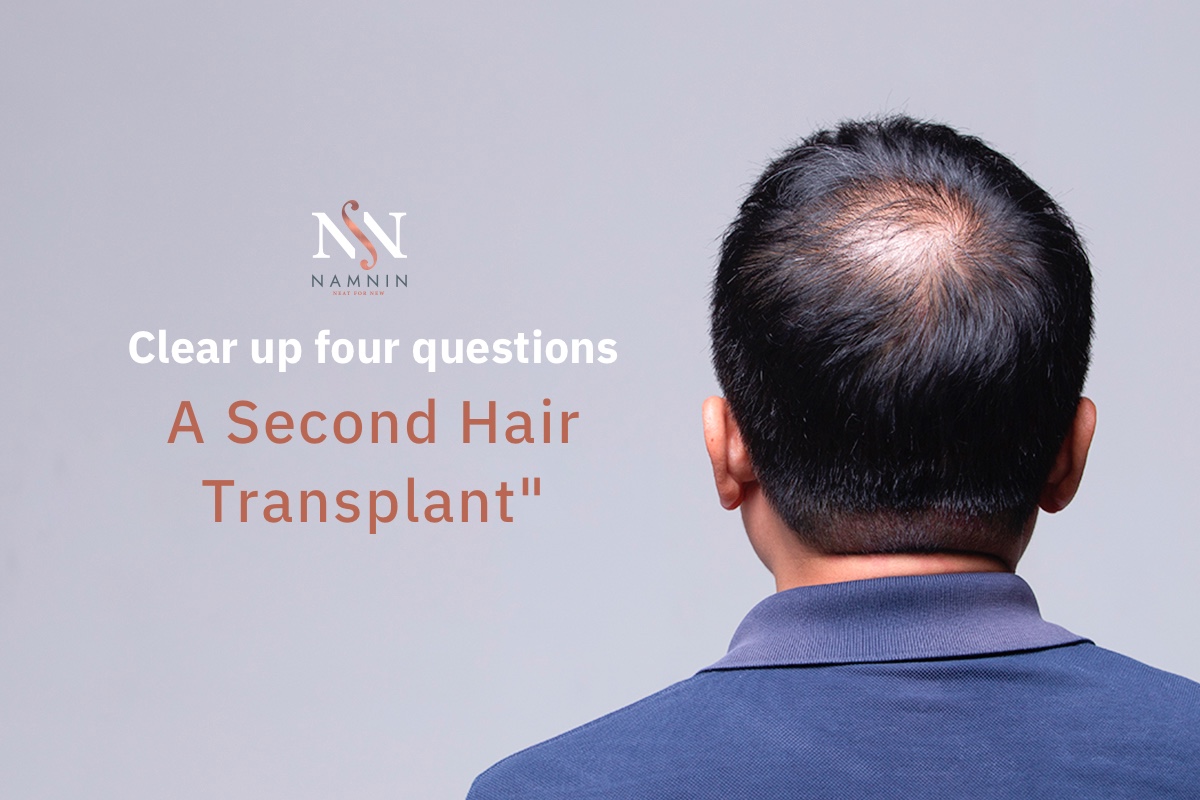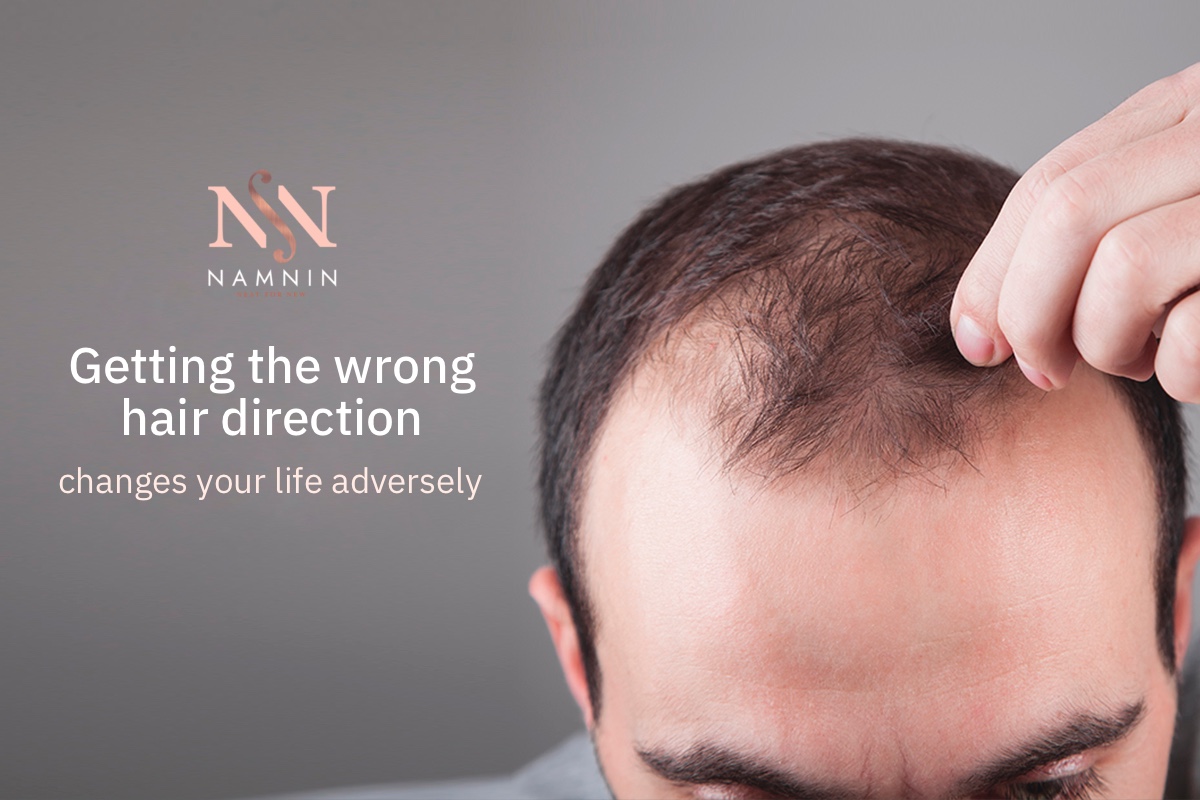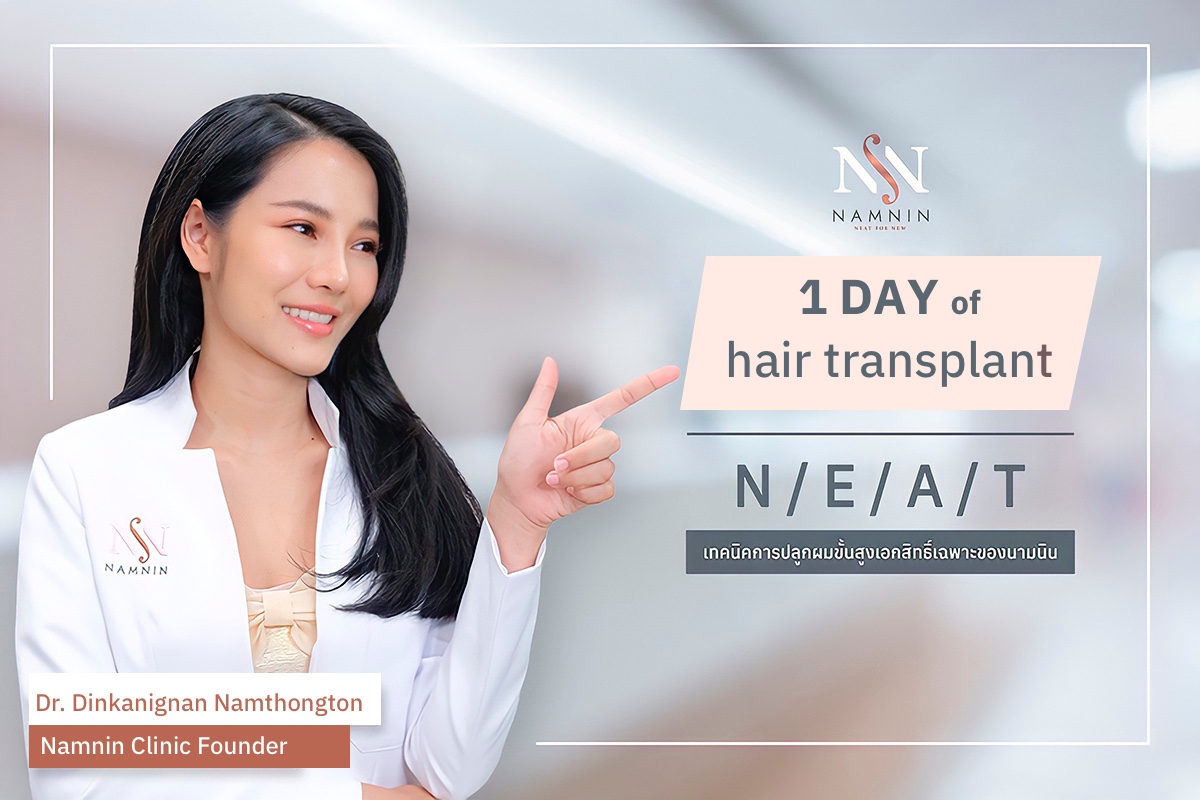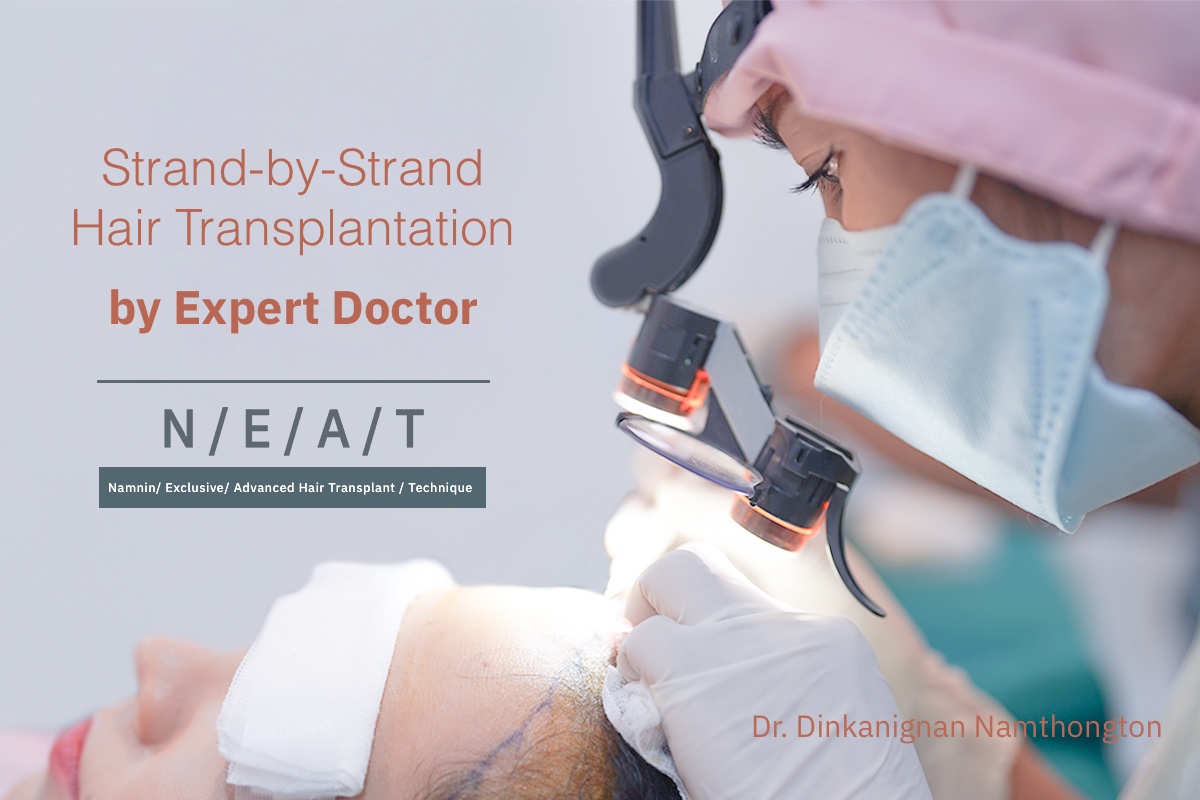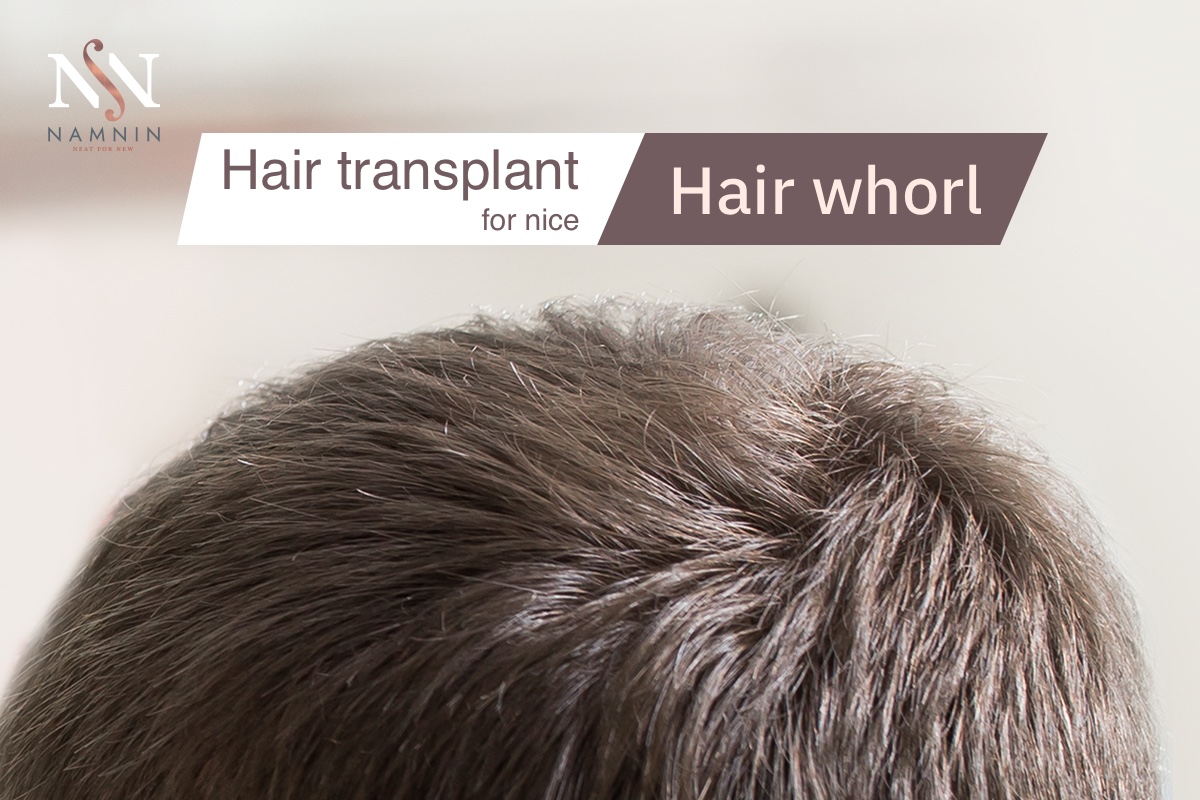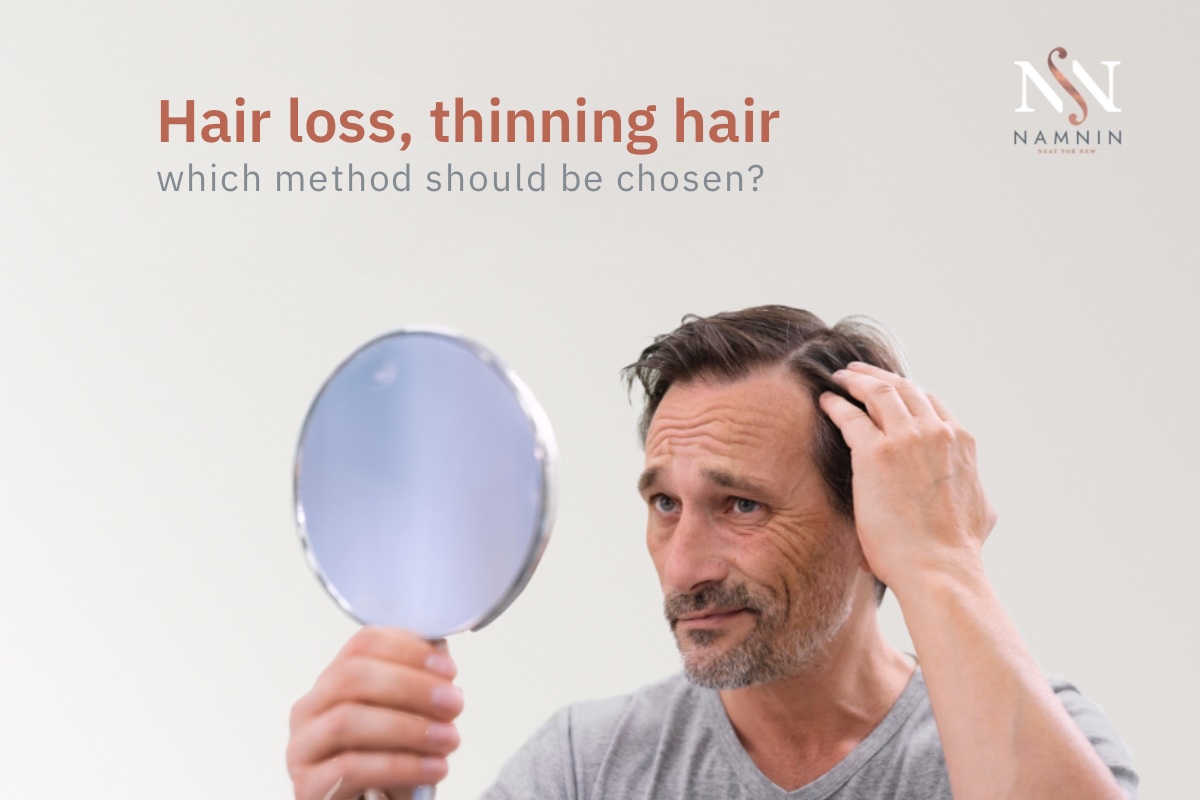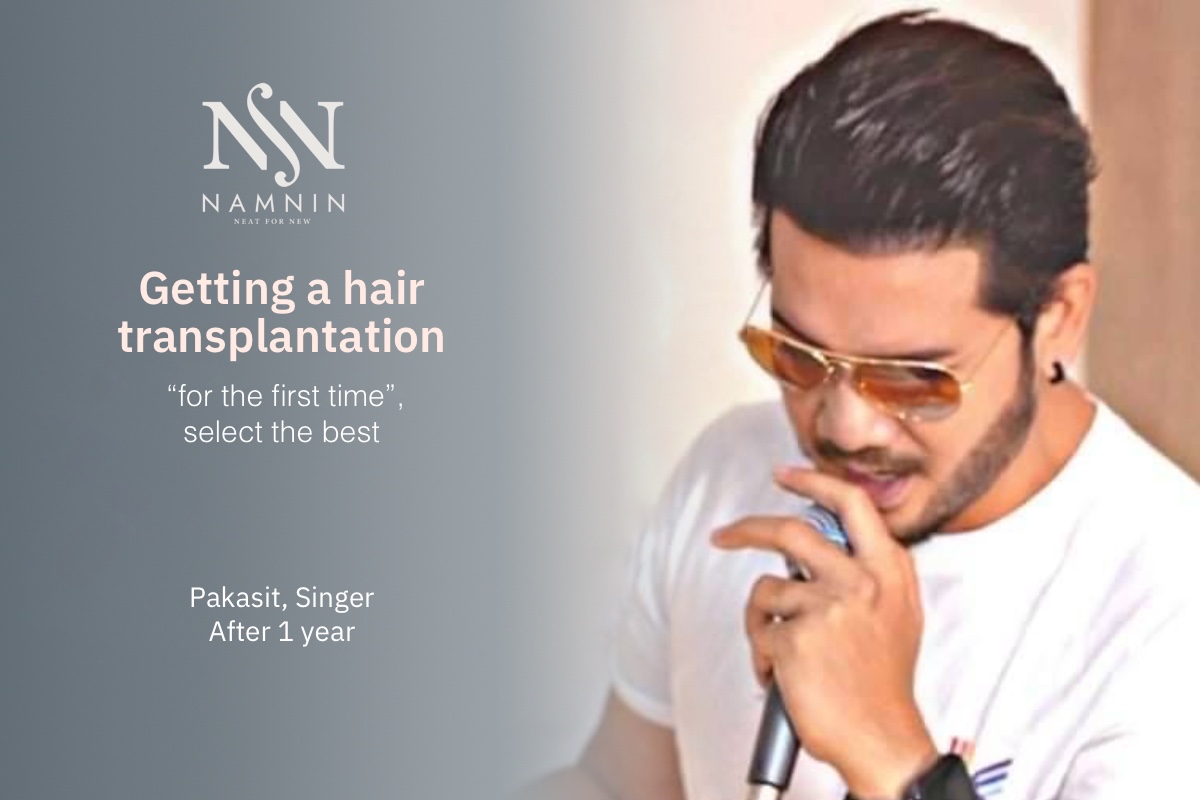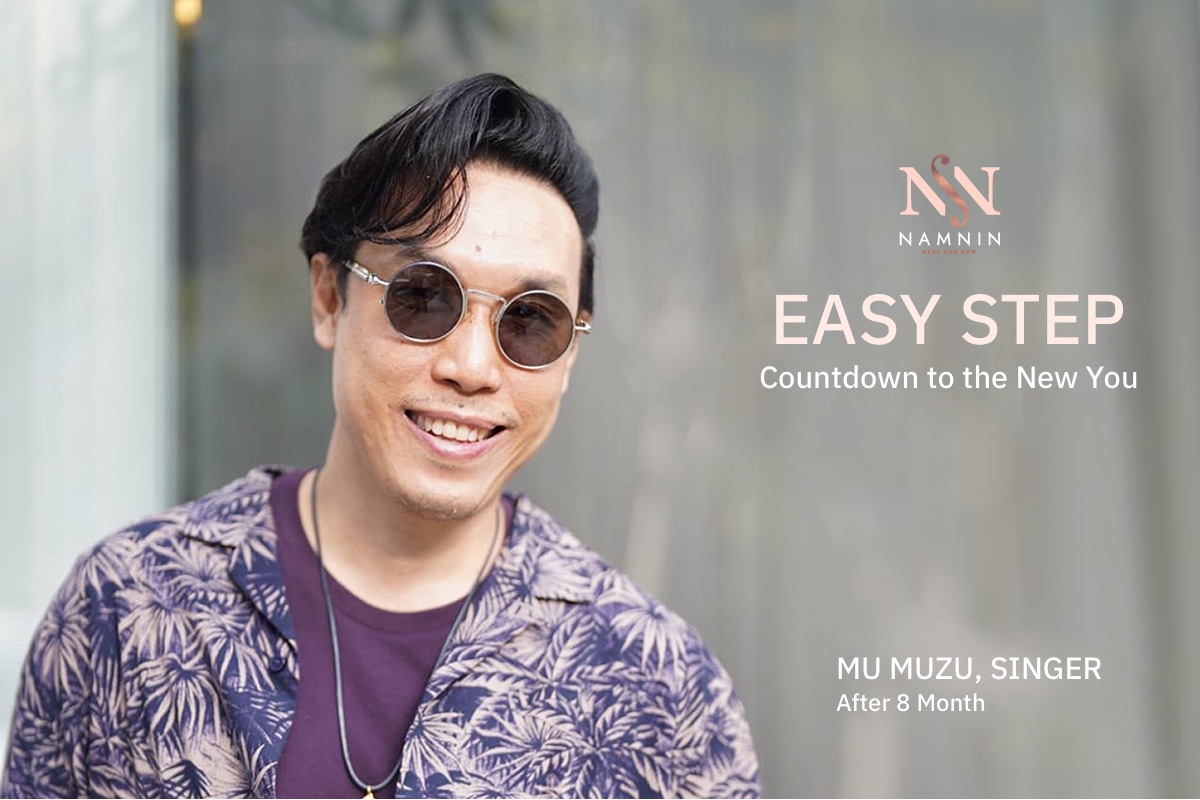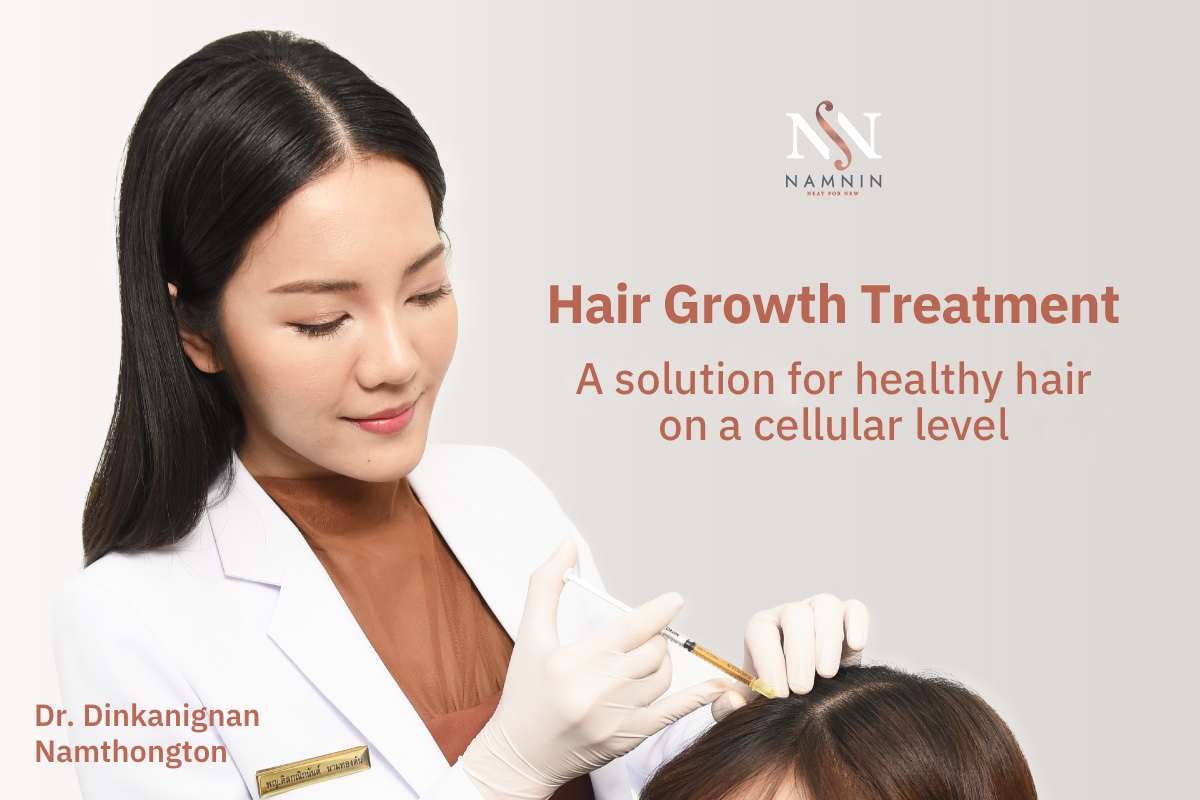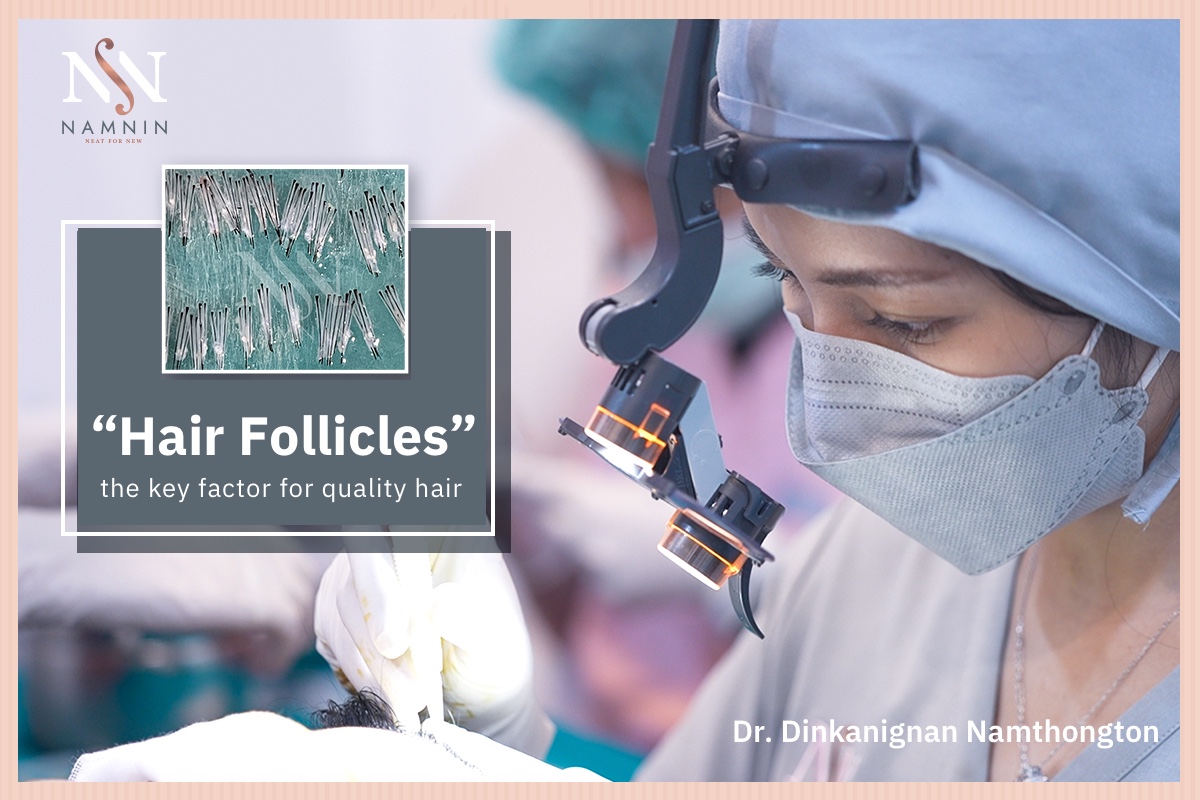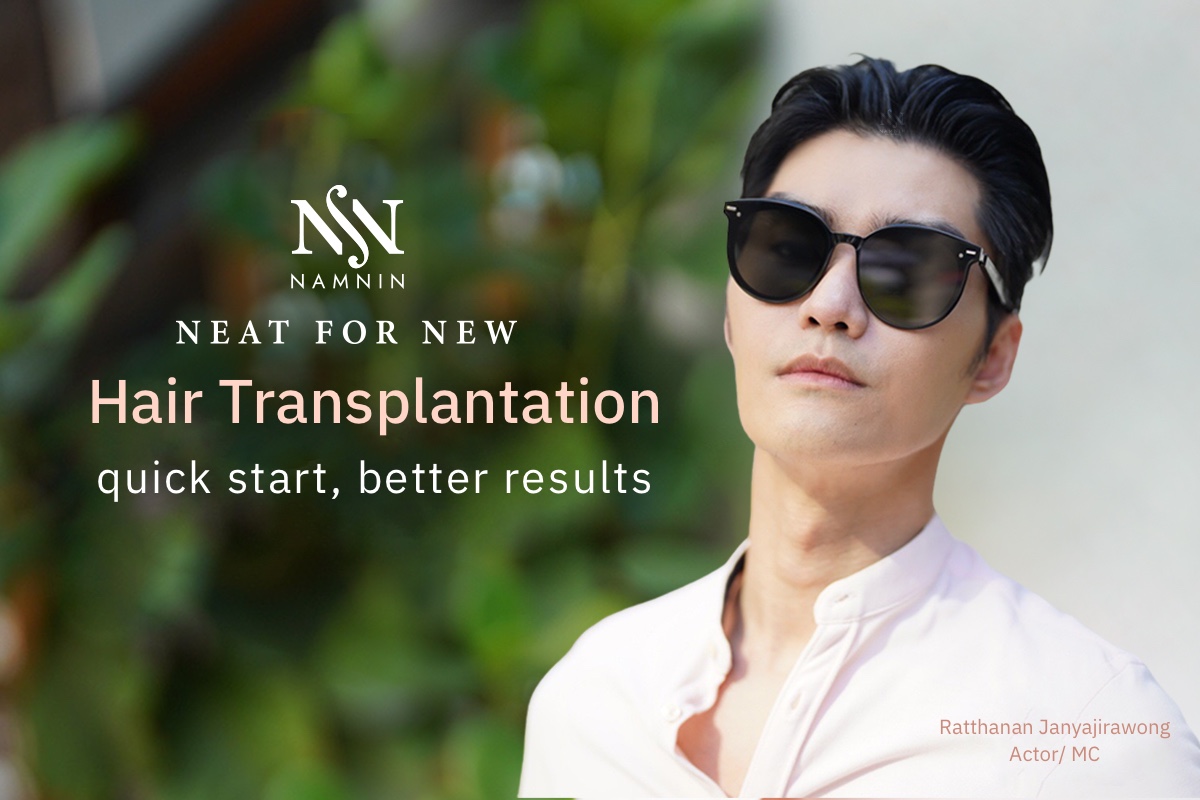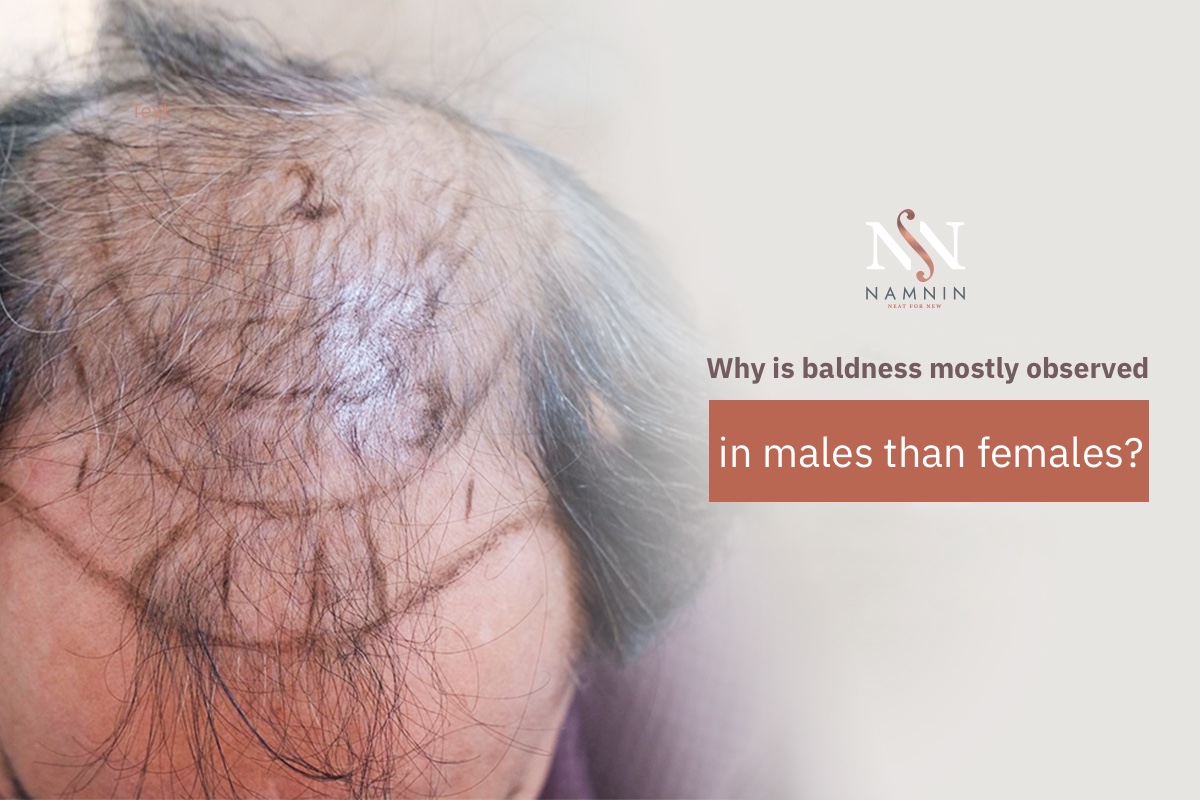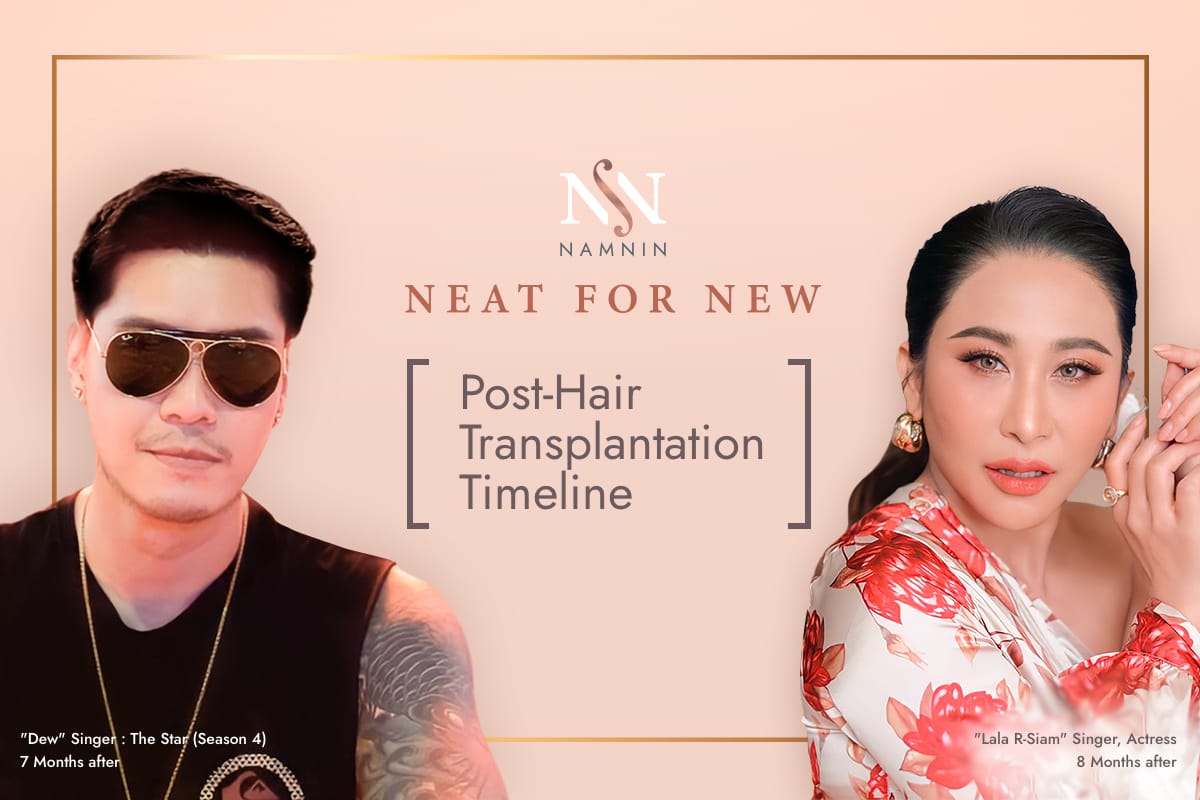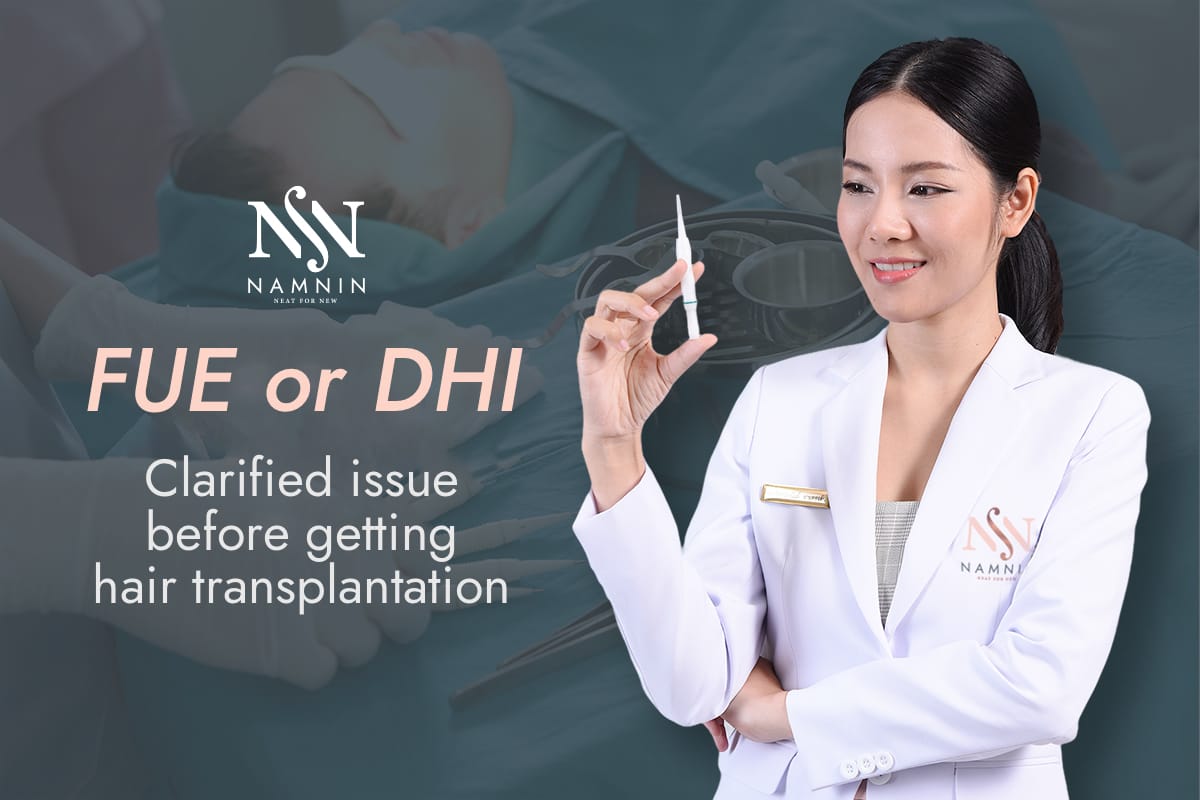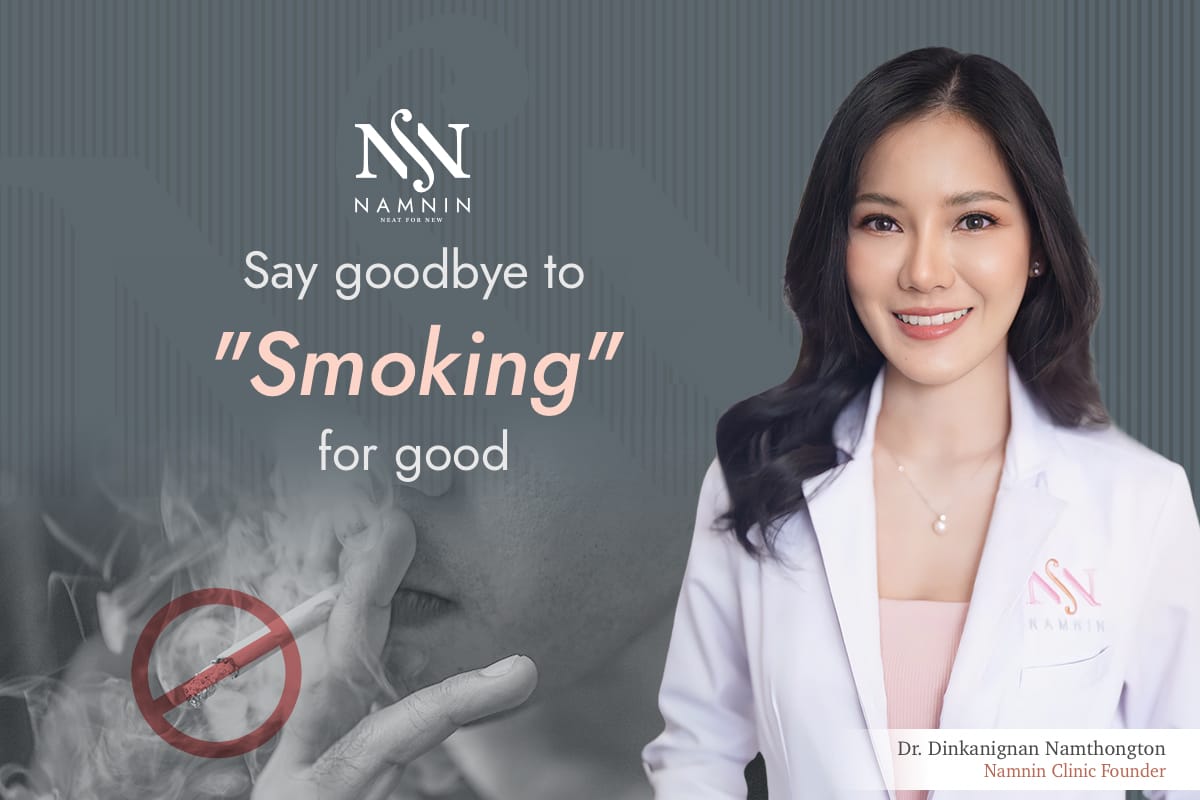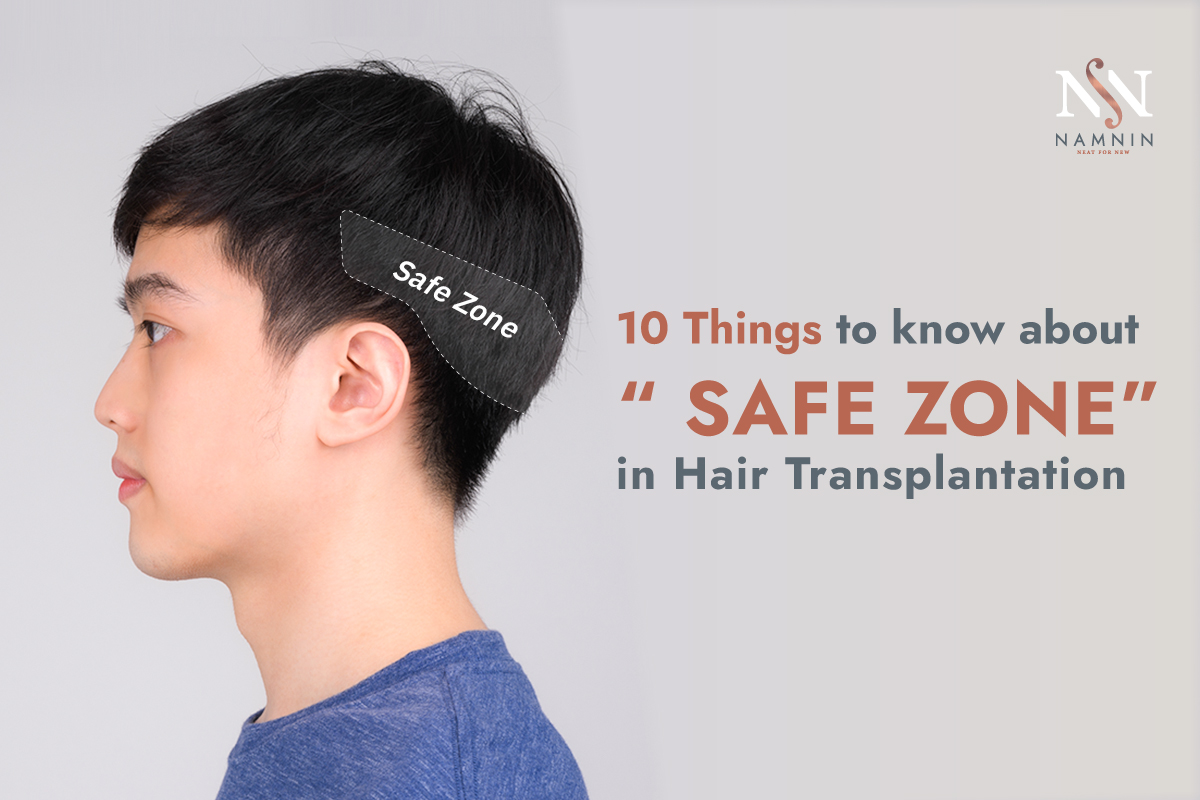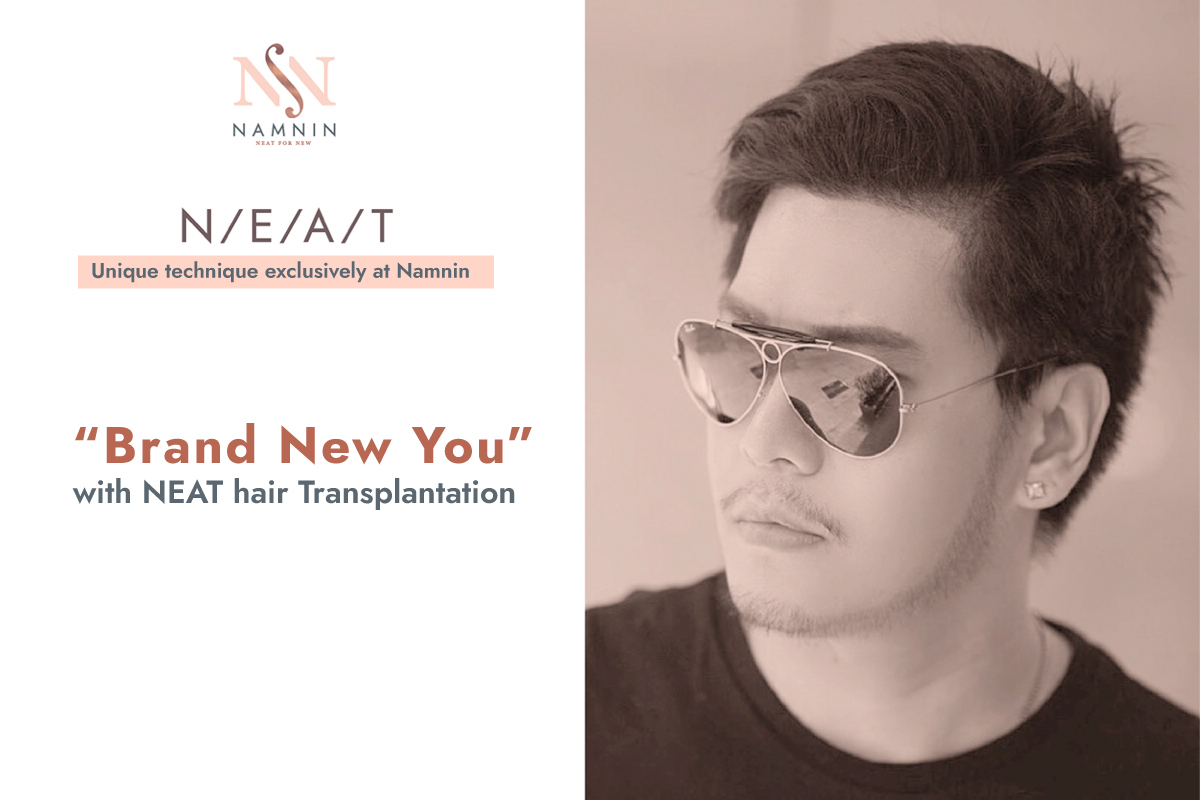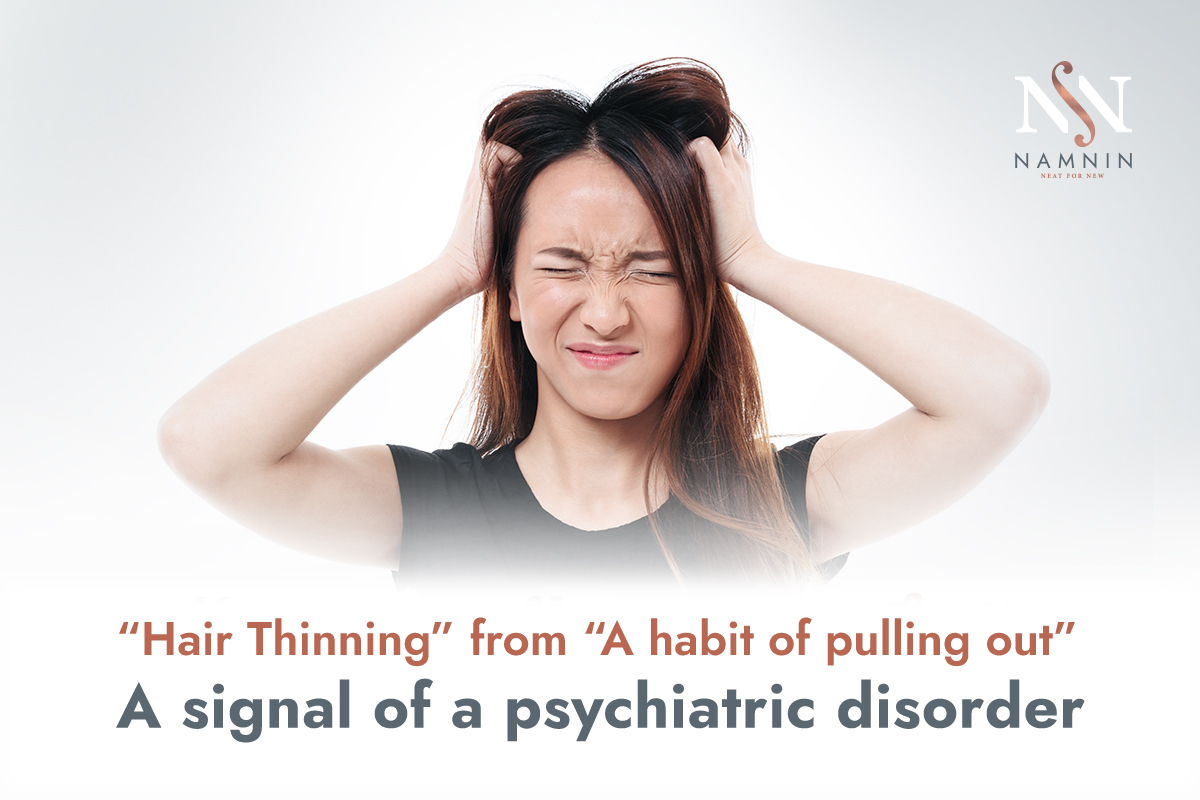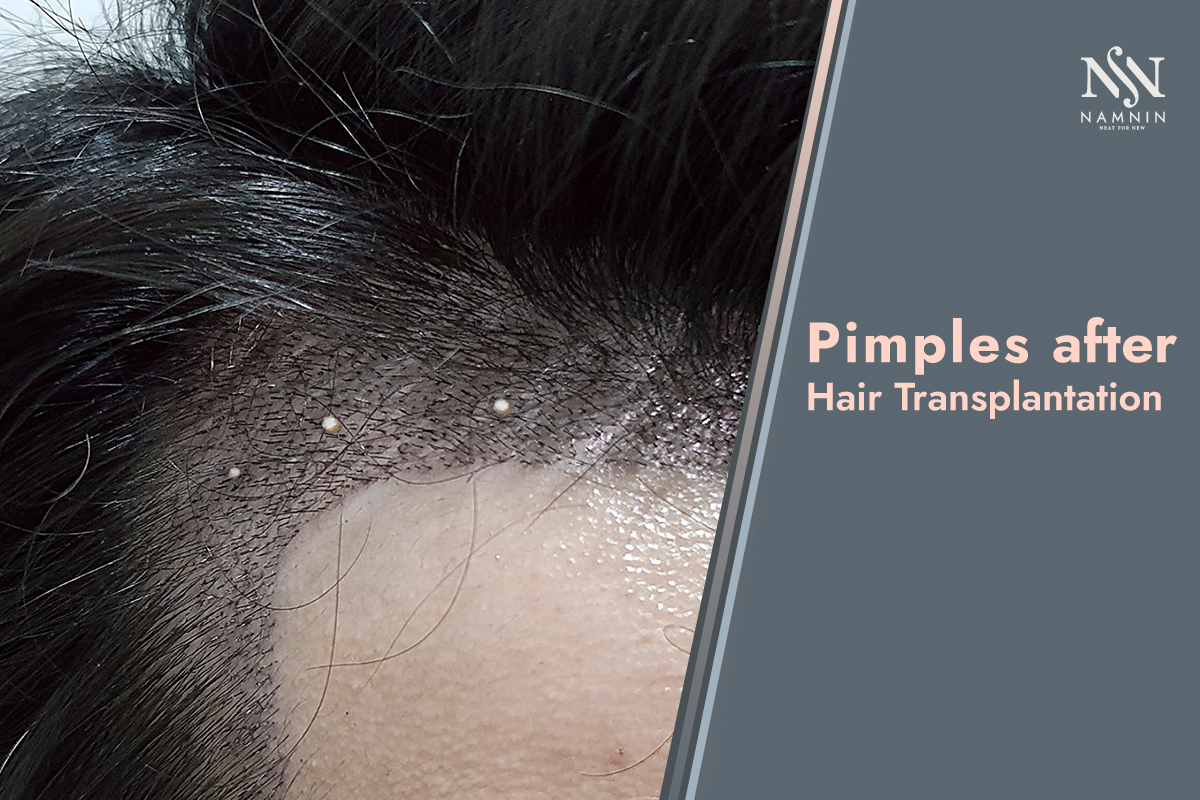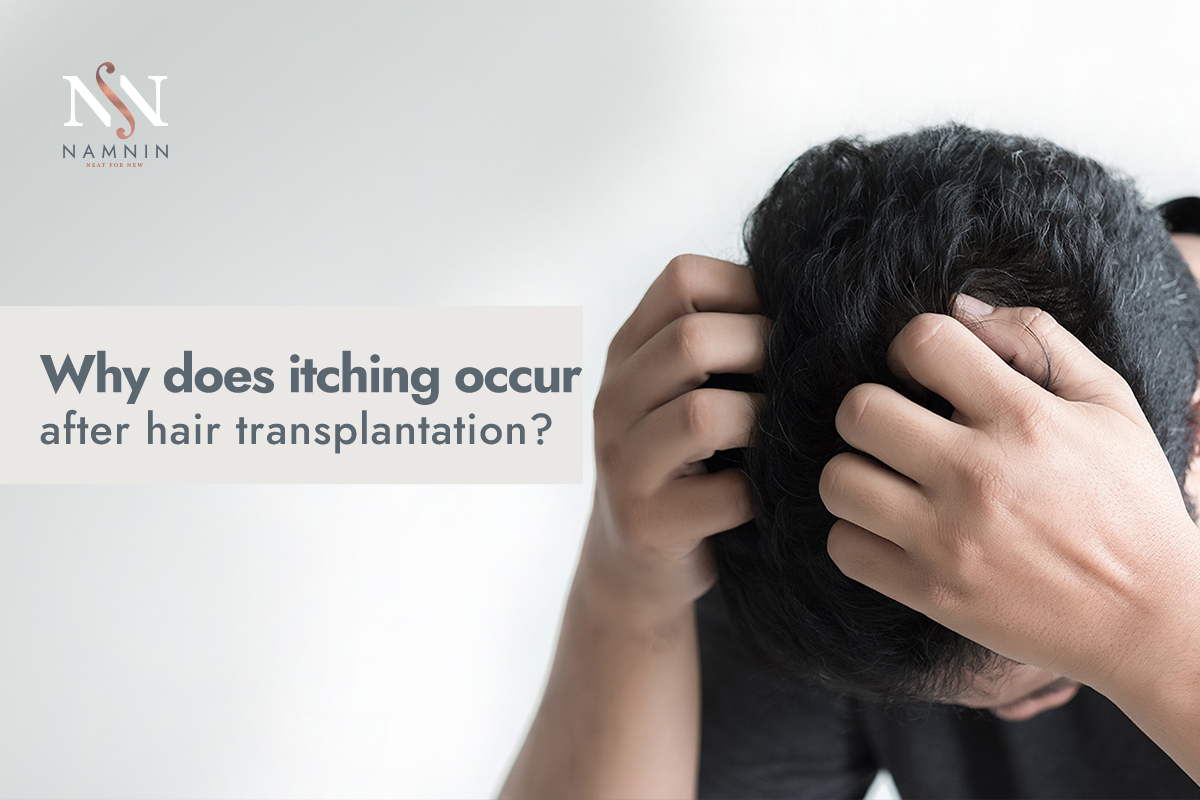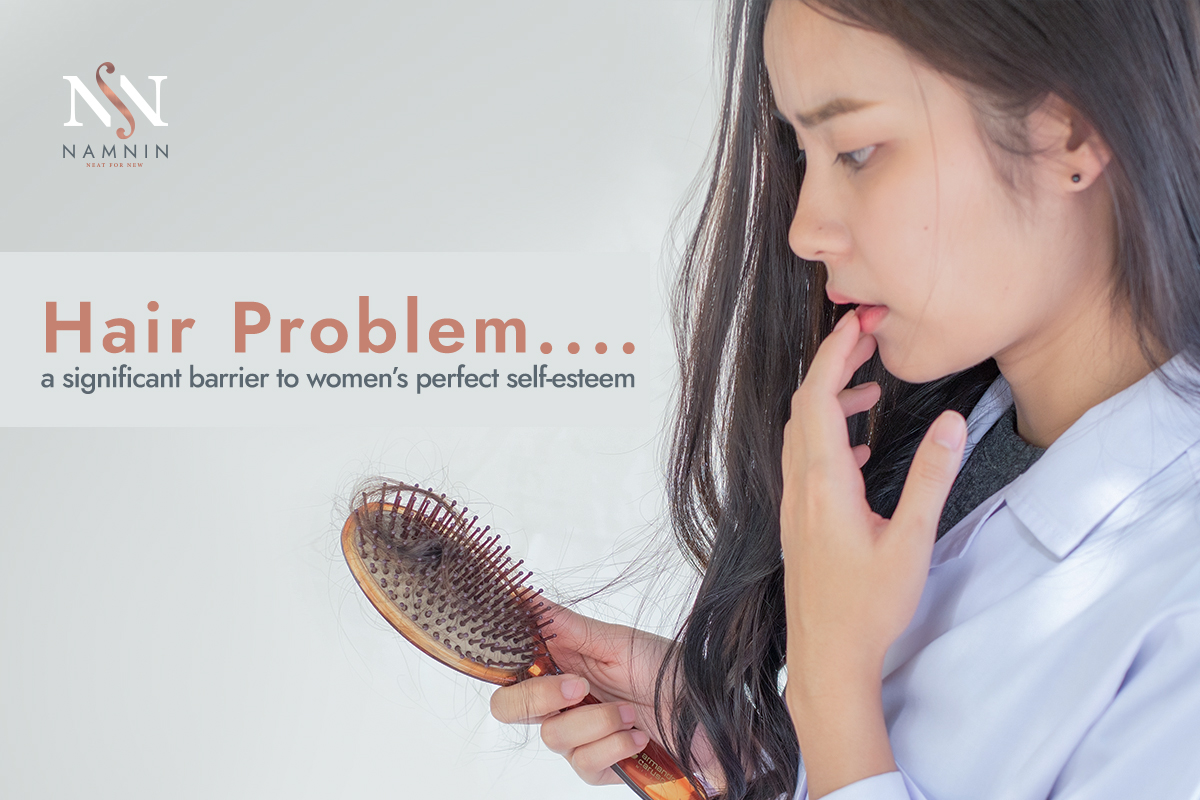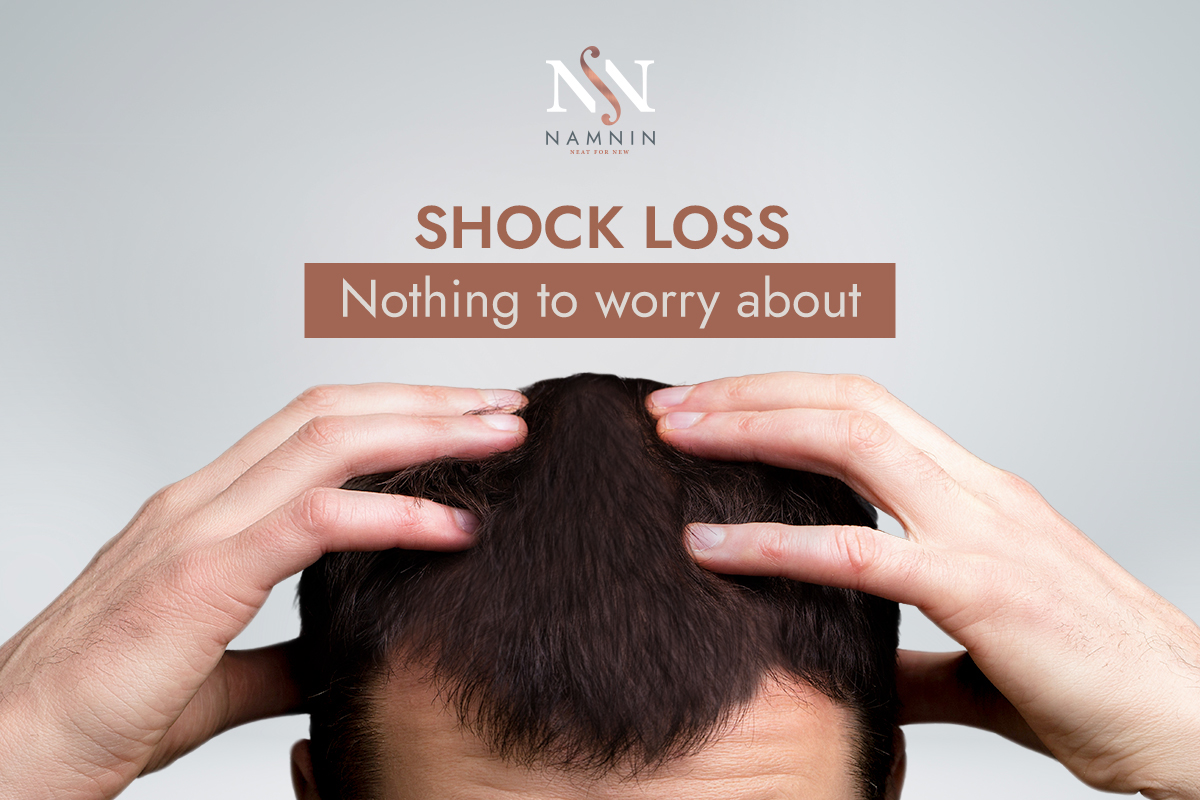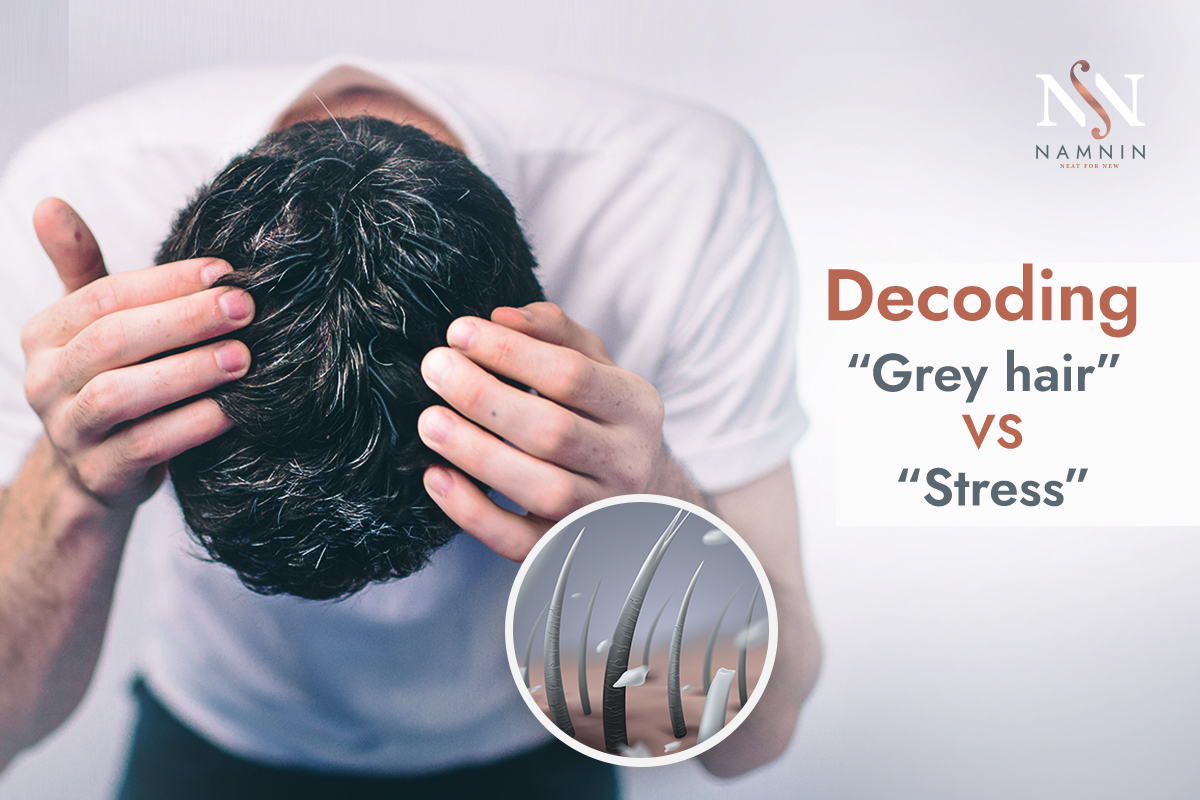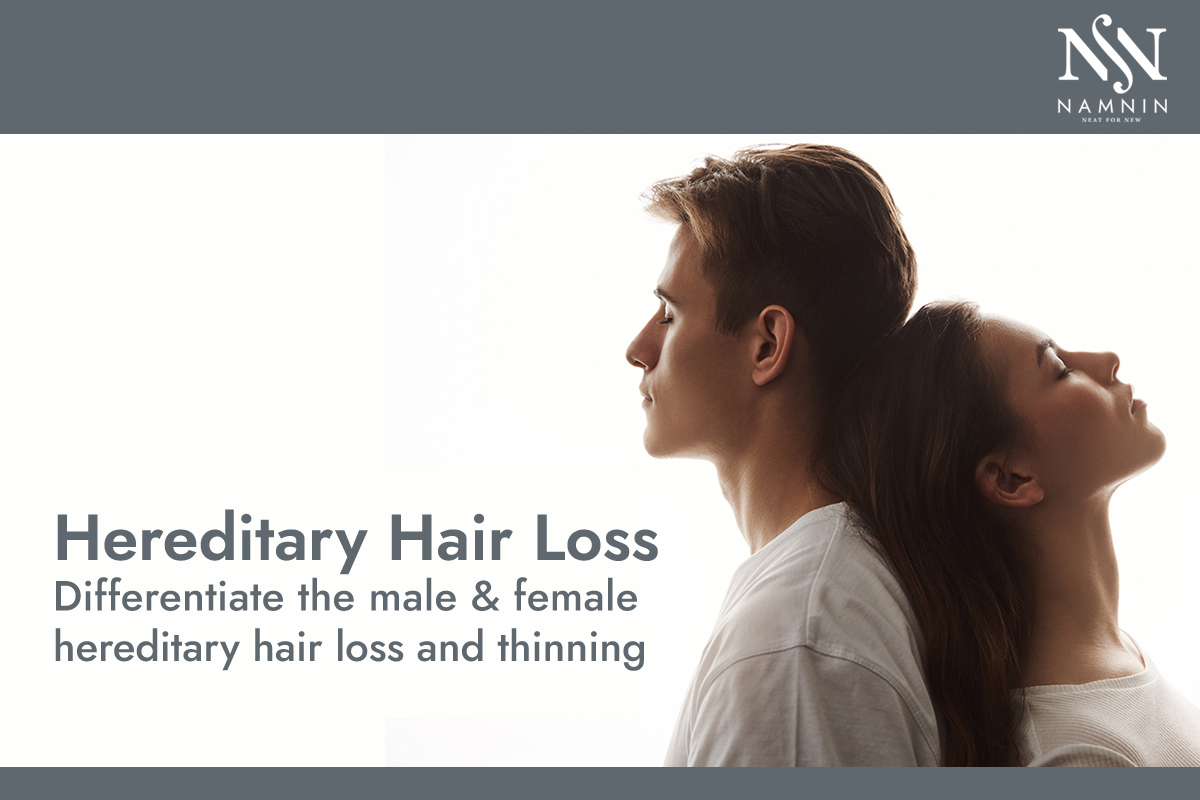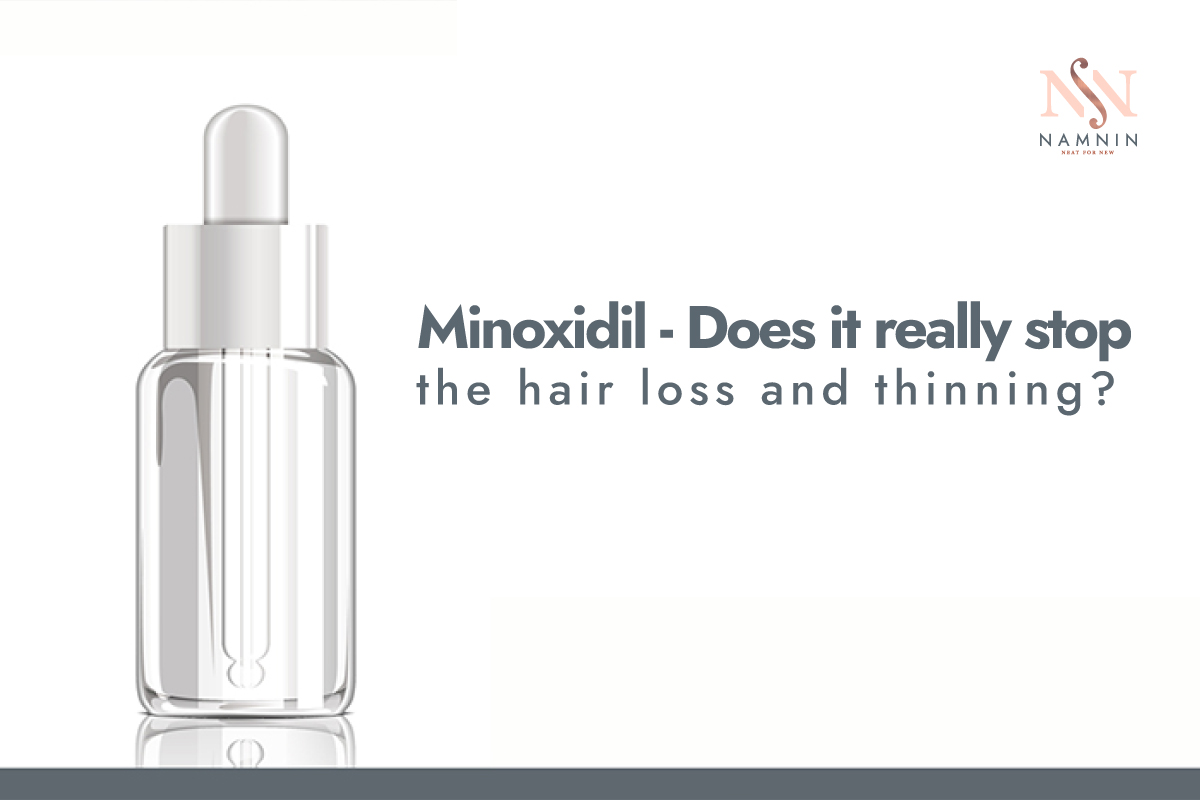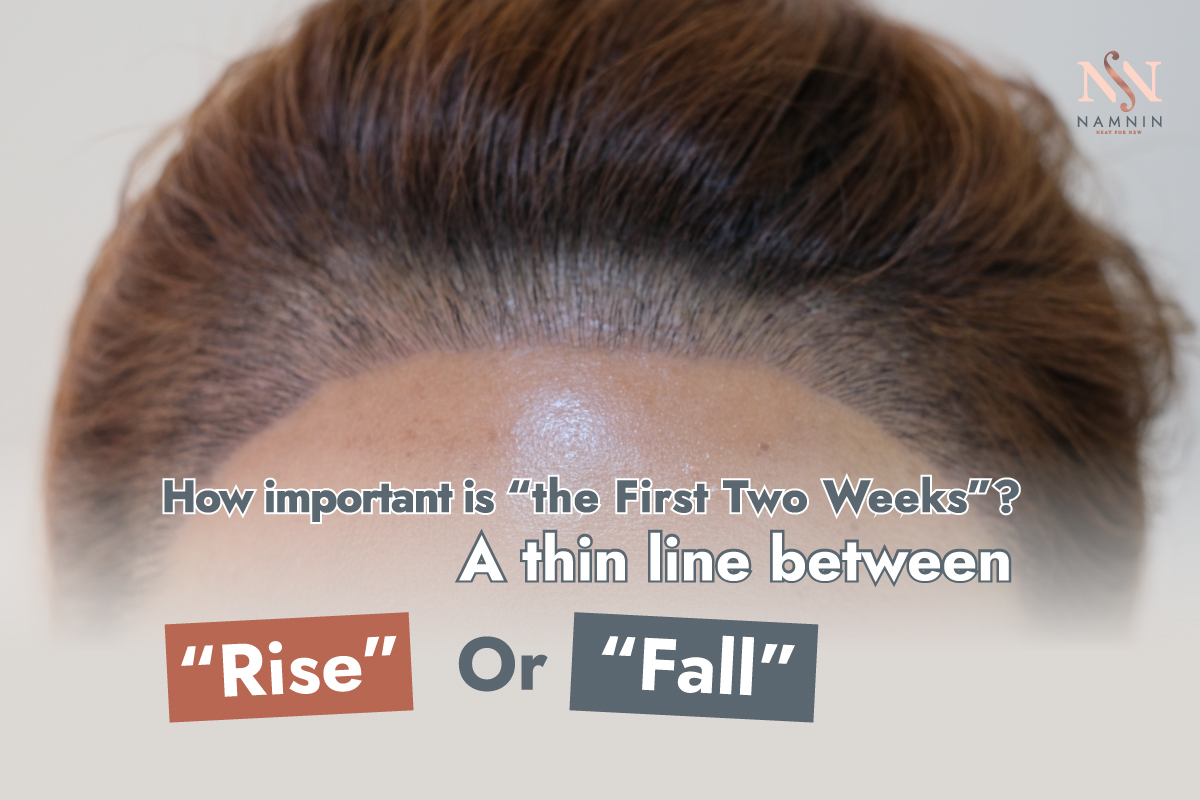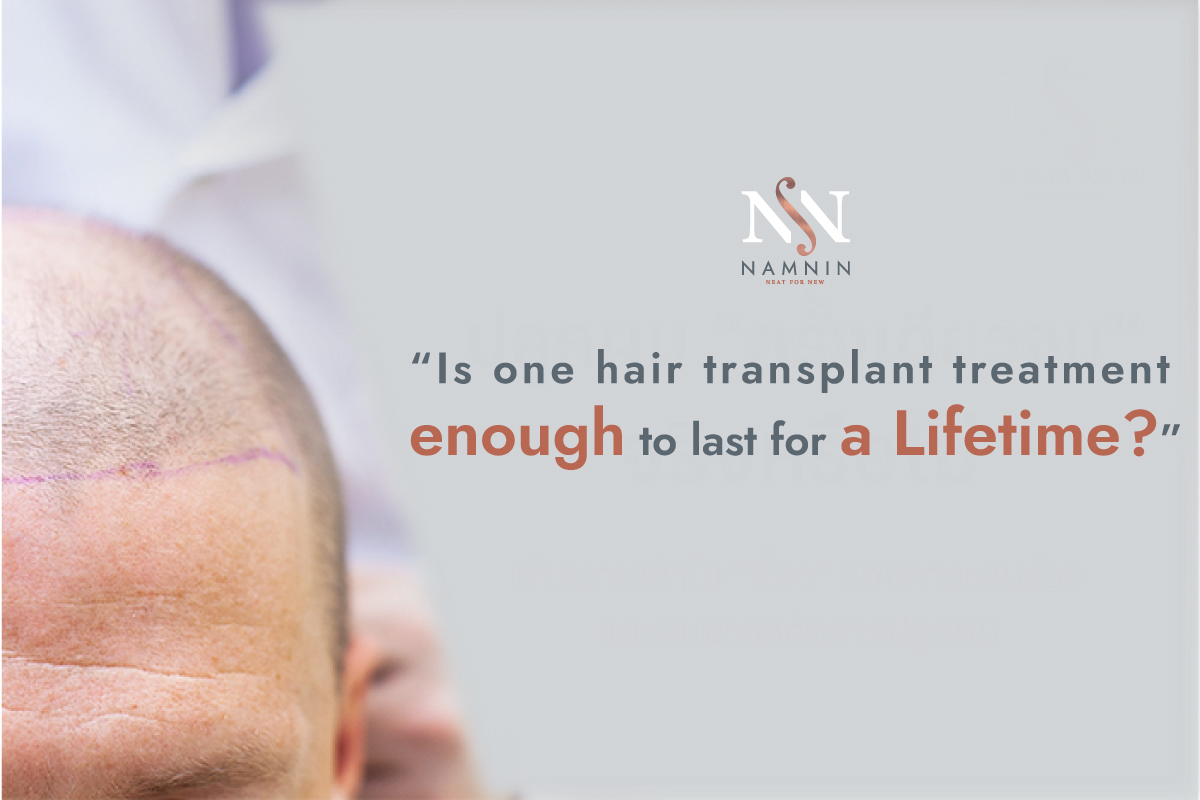New mom's world is not as beautiful and dreamlike as in TV dramas. The tough responsibility of being a 24-hour babysitter causes the sleep deprivation as new moms need to cope with all kinds of stress. Worse than that, a number of moms are concerned about changes both physically and mentally. Spare time for new moms seems totally impossible. They have very limited time to take care of herself. Unfortunately, “Postpartum hair loss” makes them more panic when they see hundreds of hairs fall out each day!! Many questions arise! Is there something wrong inside the body? How long does the falling take? Is there a solution to stop this hair loss?
The answer is given below. Let's understand the postpartum hair loss so that you can cope with it well.
Is postpartum hair loss normal?
Postpartum hair loss is a common condition that occurs after childbirth. Statistically, it is estimated that about 50% of new mothers will experience postpartum hair loss. Normally we lose between 50 to 100 strands of hair a day so 100-200 strands shed daily after childbirth are deemed nothing to be worried about.
Why new moms lose their hair?
In addition to stress, anxiety and unbalanced diet, another main cause of postpartum hair loss is estrogen hormone level changes. This is a condition that occurs naturally during and after pregnancy. To understand and visualize precisely, firstly let's get to know the cycle of hair growth that consists of three phases:
- Anagen Phase or a growth stage
- Catagen Phase or a transitional stage
- Telogen phase or a resting stage

When a mother becomes pregnant, the level of estrogen increases continuously, stimulating almost the entire hair all over the head to enter the growth phase all together. Only a little that enter the catagen phase and then falls out. This profitably results in the decreased amount of hair shedding compared with before pregnancy. Consequently, it turns out that a pregnant woman has denser and shiner hair during a 9-month period.
However, after delivery, the level of estrogen decreases rapidly. Hair in anagen stage (growth stage) will stop growing suddenly and enter the catagen phase (transition stage), and then the telogen phase (resting stage). This leads to excessive hair loss, up to 400-500 strands a day. This postpartum hair loss is also known as Telogen Effluvium.
How long will it take ... until my hair stops falling out?
On average, new moms commonly experience the severe hair loss for 3 months. The postpartum hair loss will begin to appear noticeably in the first 2-3 months after delivery. Then during the 6th-12th month, the estrogen level gradually resumes normal until the telogen effluvium condition disappears eventually. Therefore, about 1-1.5 year after childbirth, new moms’ hair will return to its original density.

New moms ...Let's start taking care of hair after delivery...
Although the postpartum hair loss is just a temporary concern, it causes anxiety to new moms who have been experiencing troublesome moment. We cannot predict or avoid hair loss but there are many ways to help restore healthy and beautiful hair. Here are some recommendations to keep the mother's hair strong as much as possible.
Start with a shampoo to clean your hair. It is recommended to use a gentle and non-irritating shampoo. Then massage your scalp gently to increase blood flow to your scalp that nourishes the hair roots better.
Supplemented by hair conditioner. After shampooing, apply the hair conditioner from mid-length down to the ends. Don’t apply conditioner to your scalp because the heavy texture of the conditioner could cause build-up and make your roots appear flat and greasy. Additionally, this build-up could also lead clogged pores which is a cause of hair loss.
A simple task like combing your hair can affect the strength and durability of your hair. It is recommended to brush your hair gently to avoid split ends and breakage. Too much brushing can irritate your scalp and stress your hair, and trigger excessive oil production that leads to hair loss as well.
“Mom haircut” is very popular among new moms as the shorter haircut makes their daily lives easier and also helps reduce the likelihood of postpartum hair loss. Be remined that tying hair tightly can pull on your hairline and over time, result in hair loss.
- Try to avoid heat-styling your hair on a daily basis like heat drying, hair straightening and curling, because it will make your hair more fragile.
- Food is another key factor for healthy hair growth. Just focus on eating foods from the 5 major food groups, especially foods that are high in zinc, iron, iodine, biotin or omega-3 etc.
- Get enough sleep and exercise regularly.
Premium Hair Booster…. Namnin’s innovation to cope with hair loss
If you are a new mom who is looking for a powerful hair treatment, Namnin recommends “Premium Hair Booster”, researched and developed by Dr. Nin (Dr. Dinkanignan Namthongton), a skillful trichologist, to restore the density and healthiness of the hair. The key element is the powerful exosome which is the biomolecules derived from stem cells. They are 30-100 nanometer tiny nanoparticles, about 1000 times smaller than regular cells. Within the exosome, there are thousands of different types of biomolecules and many types of proteins, which is over a thousand times more biomolecules and proteins than they are found in PRP (Platelet Rich Plasma). Furthermore, it is empowered by Namnin's uniquely created vitamin formula. When working hand in hand with Exosome, the potency of hair restoration and nourishment becomes magnified.

Most importantly, Premium Hair Booster is a high-safety solution. When the nanoparticles are injected directly into the scalp, they will repair damaged cells, and in the meantime improve the cell function deeply to the level of gene expression called epigenetic. Pain, side effect, scar, recovery or special care can be forgotten.
Impressively, Premium Hair Booster hands you the proven result of decreased hair loss, improved hair regeneration, and denser and stronger hair. It is also a right solution for any hair loss resulting from different causes like heredity, medical conditions, stress, malnutrition, or chemicals.
However, a year after childbirth, if you still lose more than 100 hairs a day or notice large clumps of hair falling out, it is recommended that you consult with a doctor or a hair specialist to find out the root cause and develop an individualized hair restoration plan.
